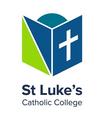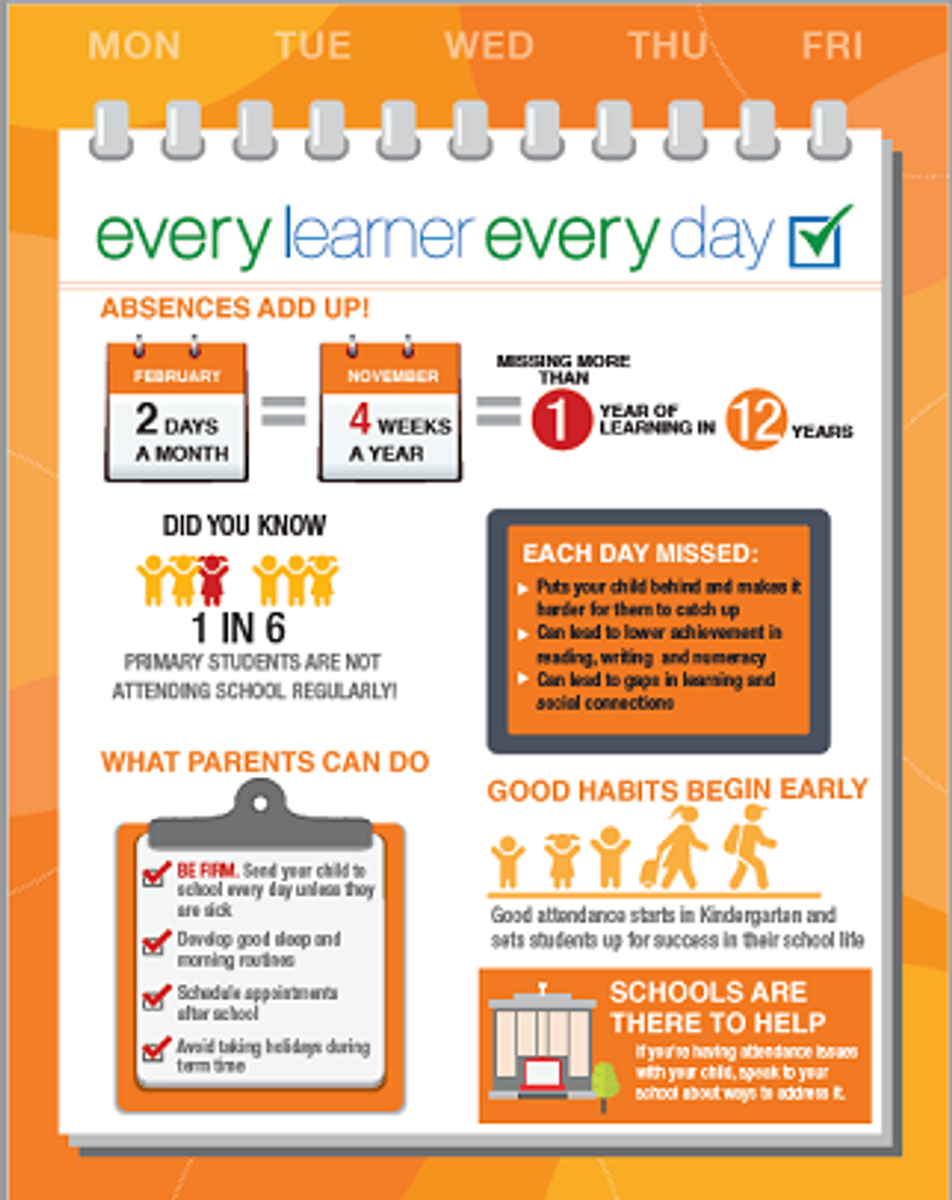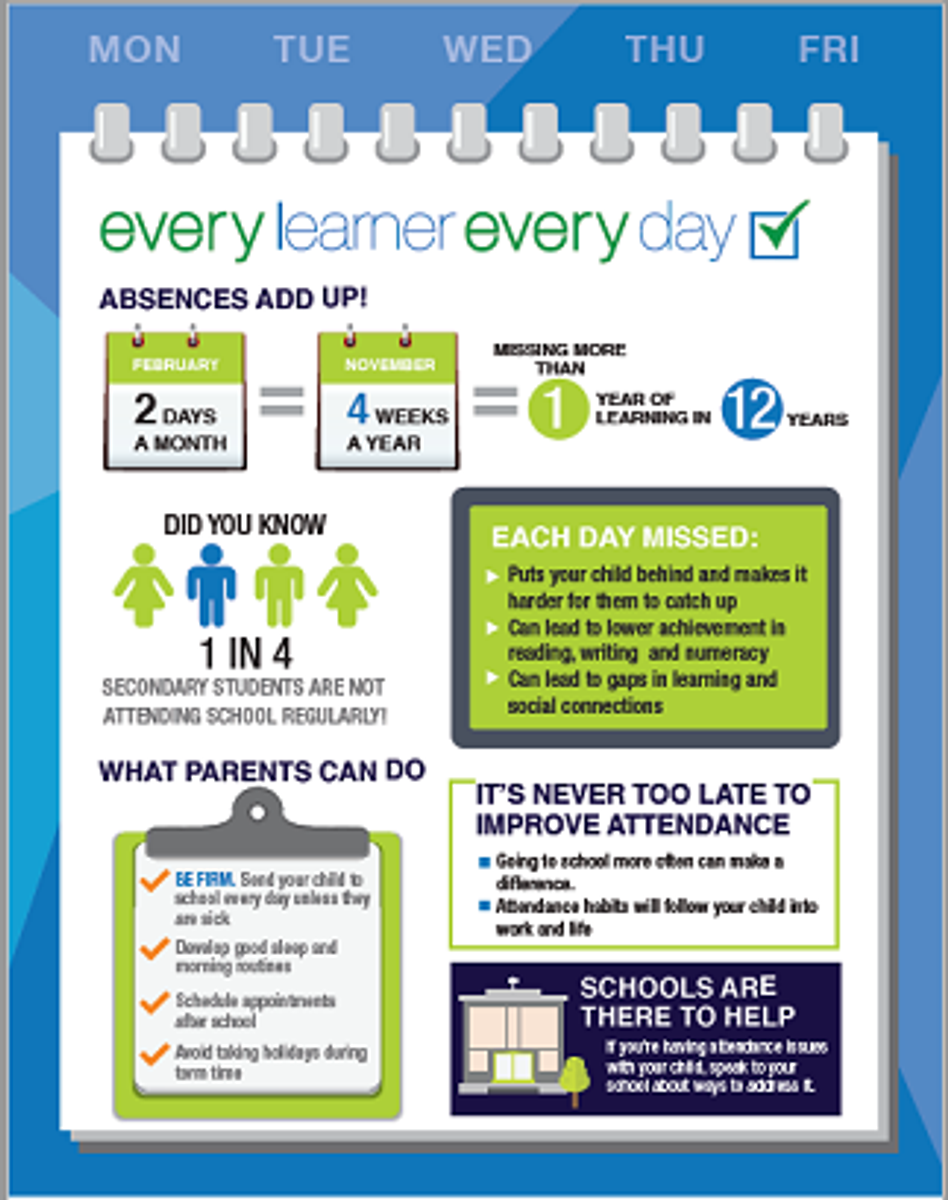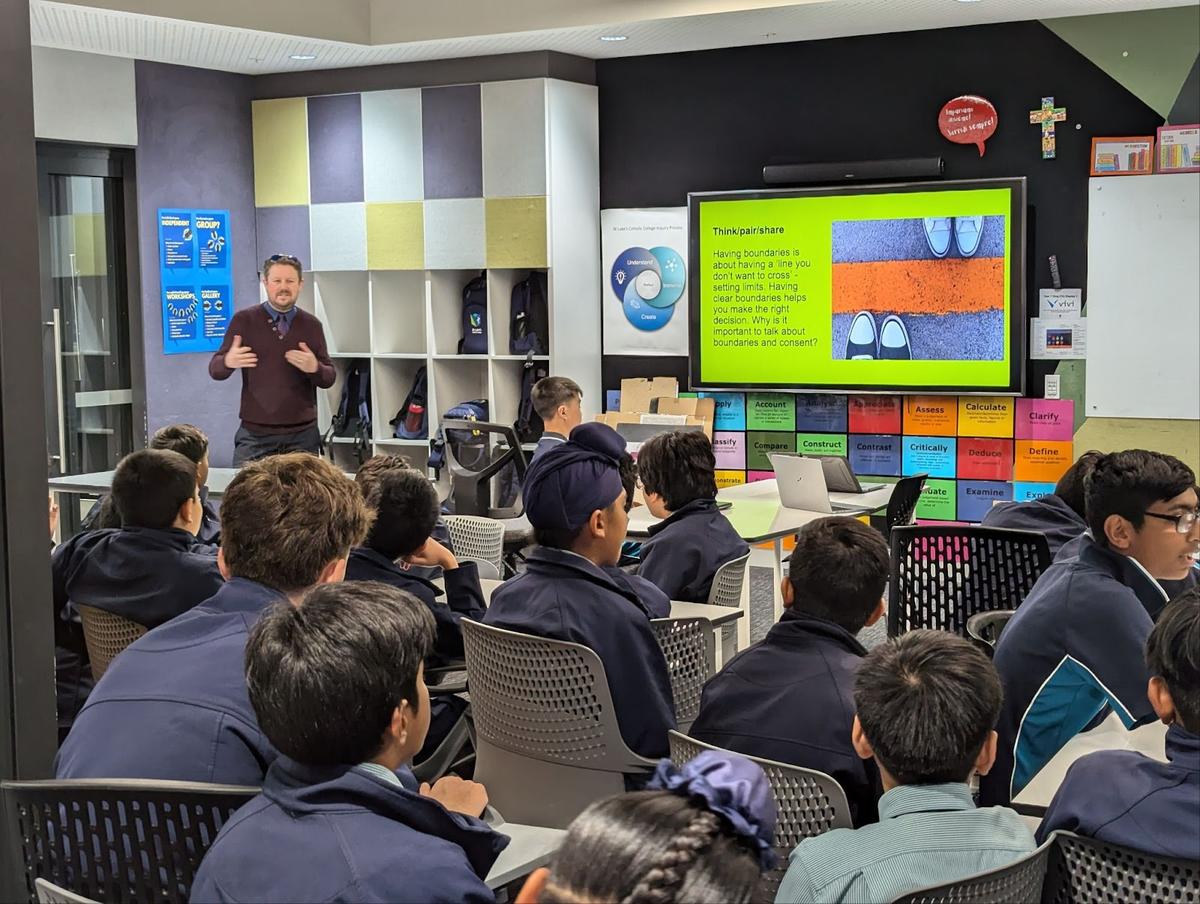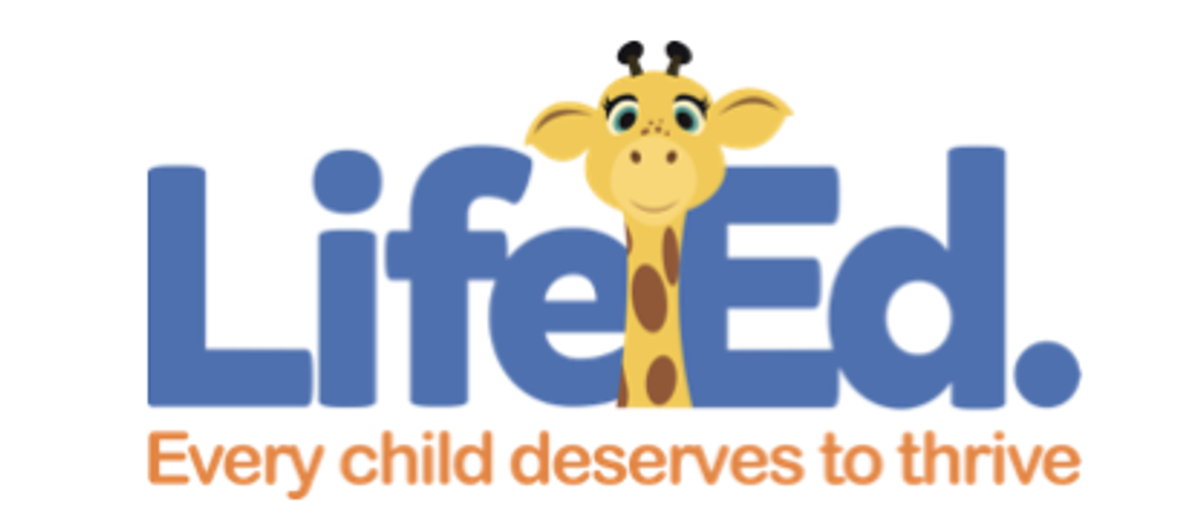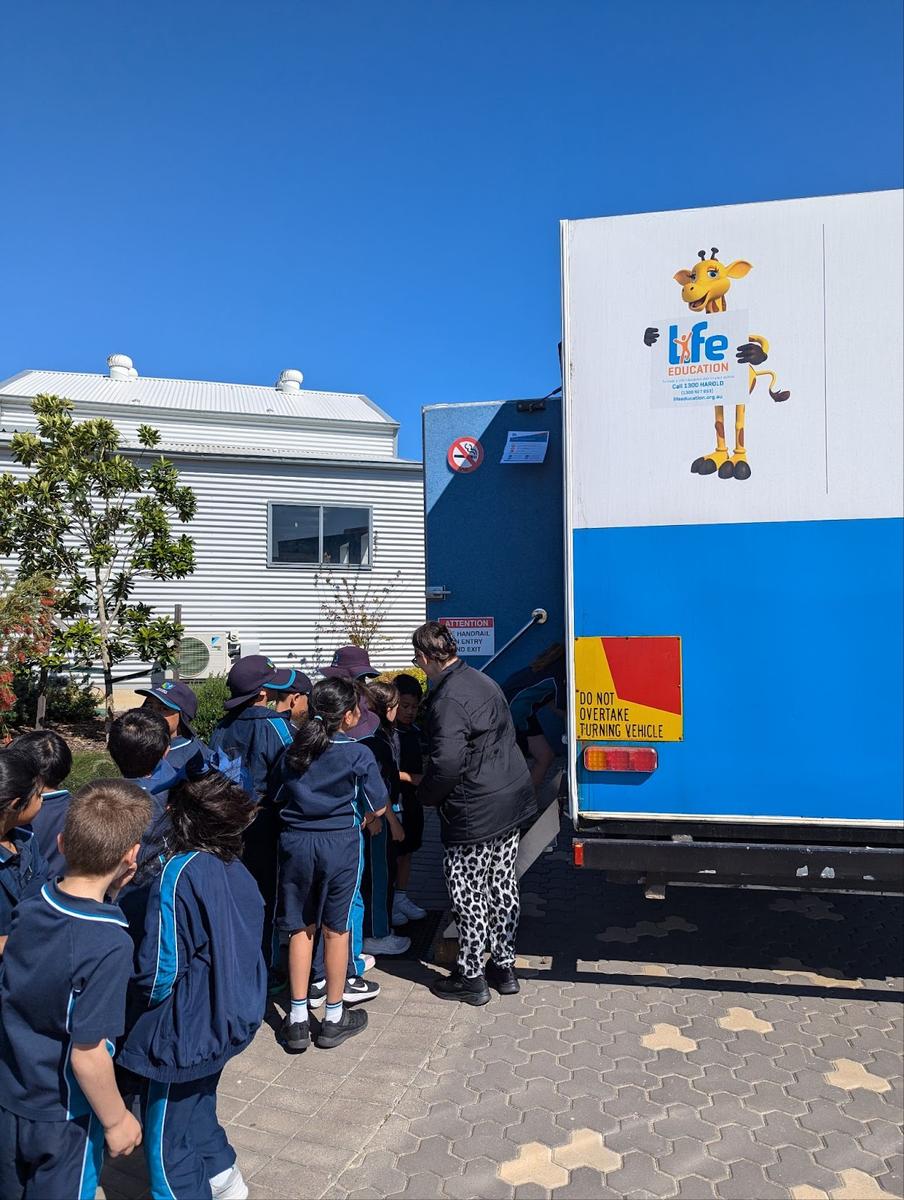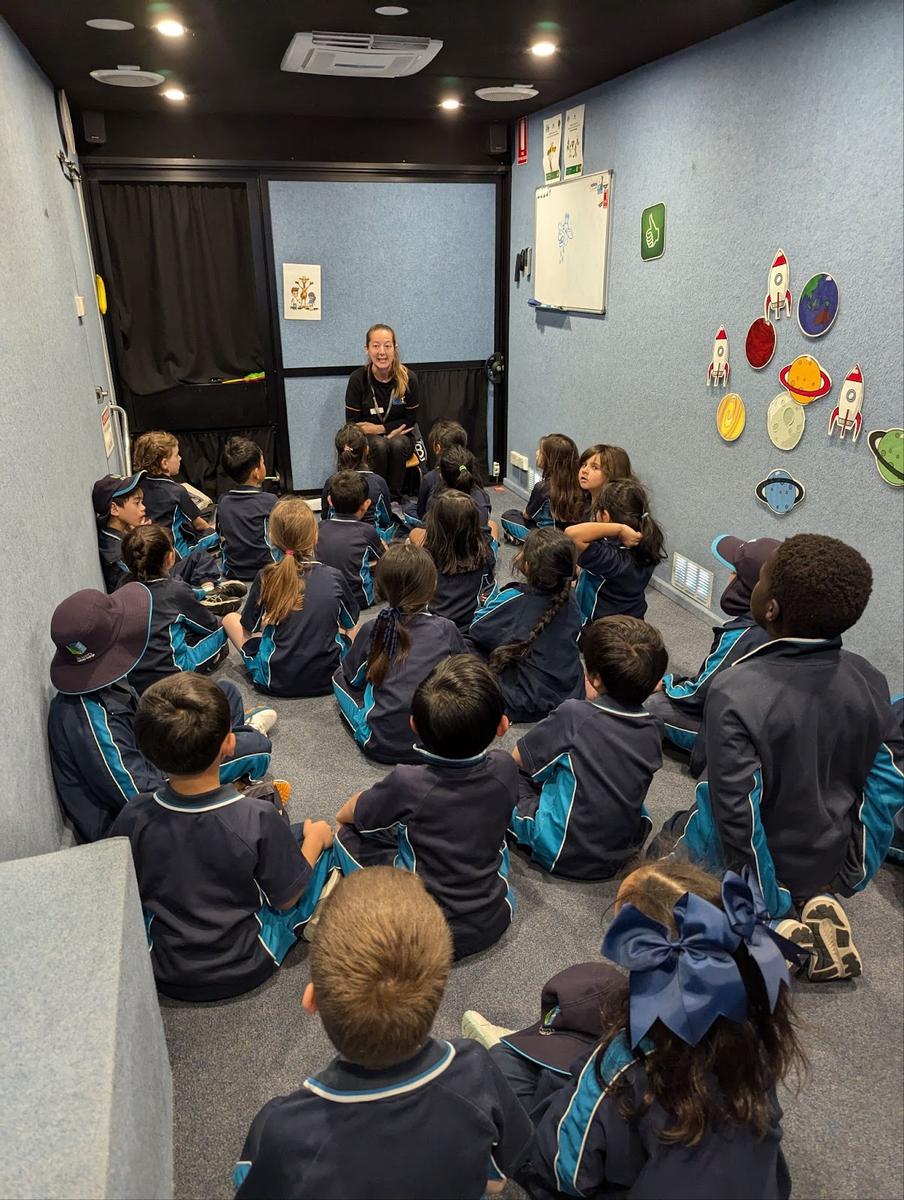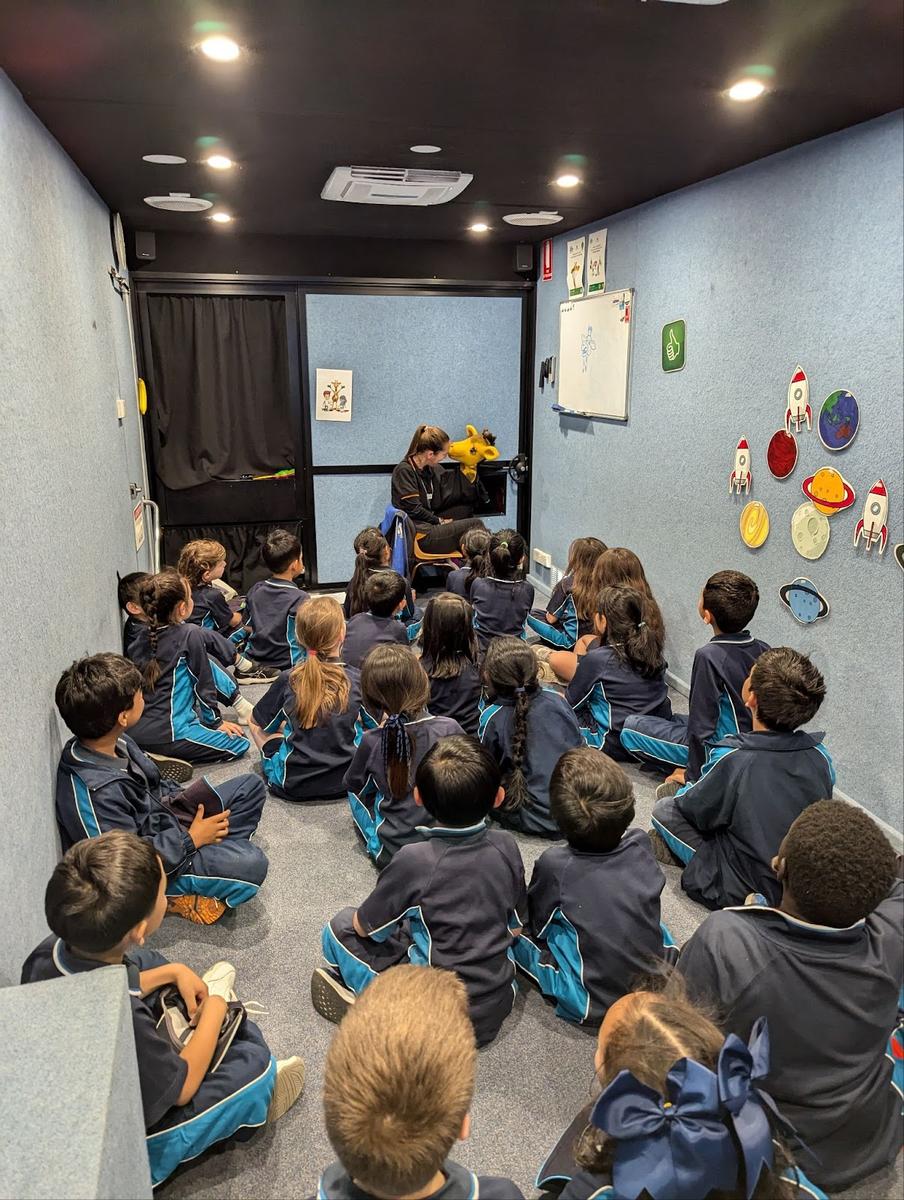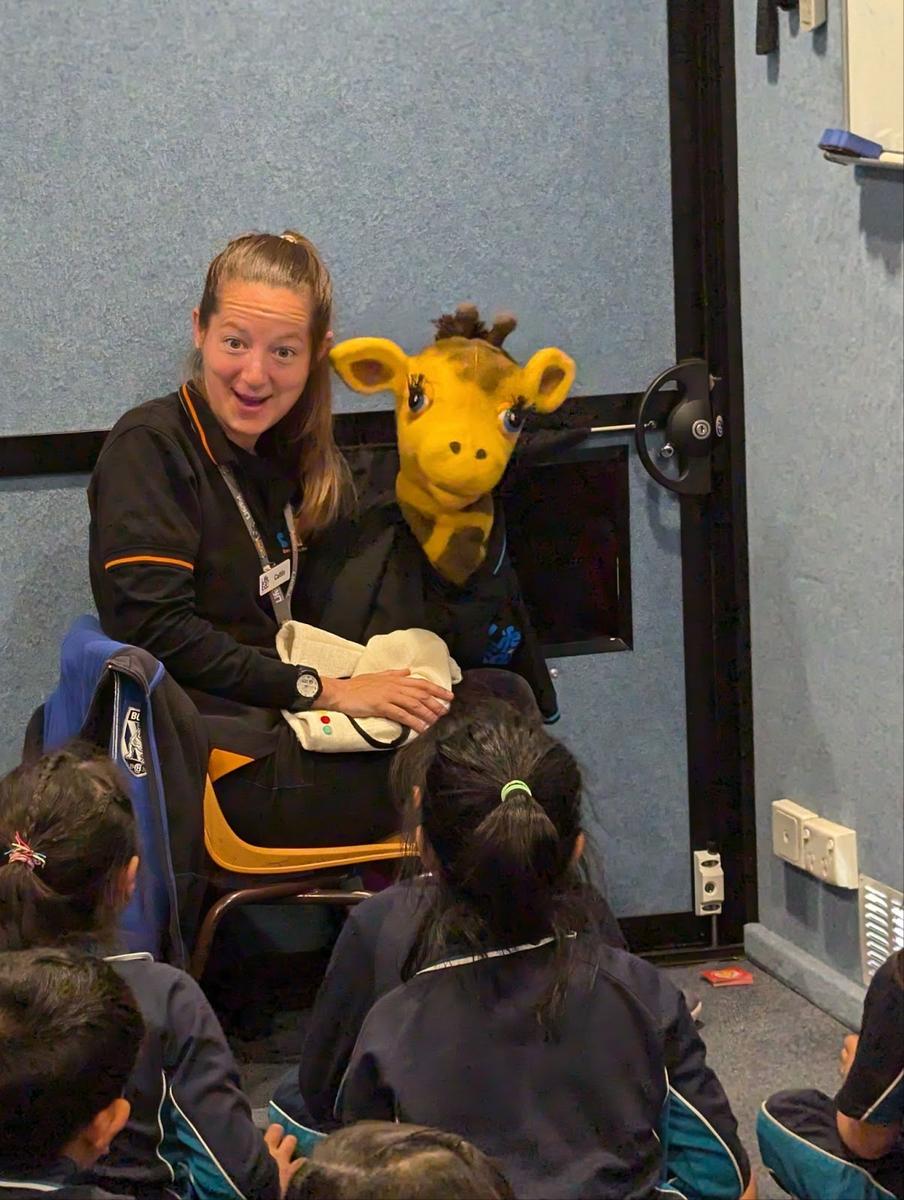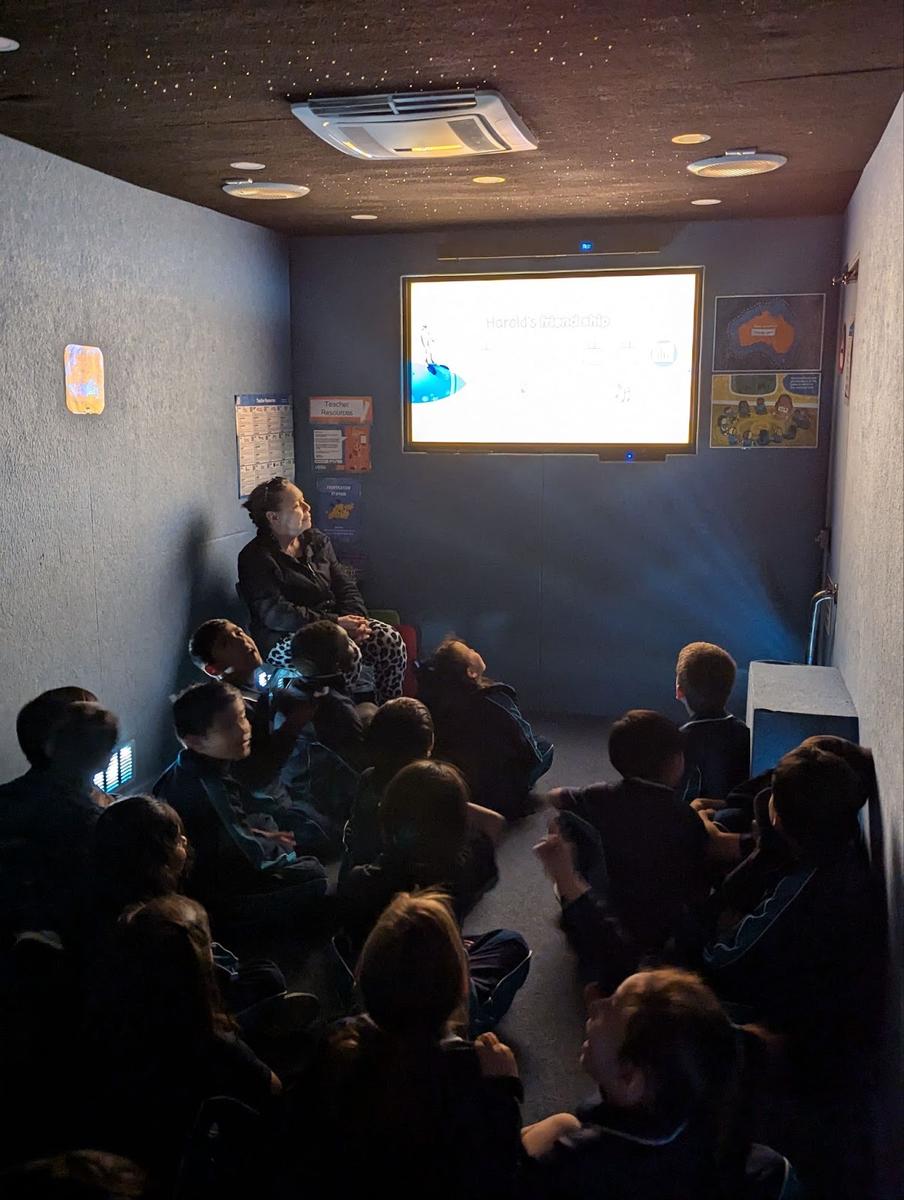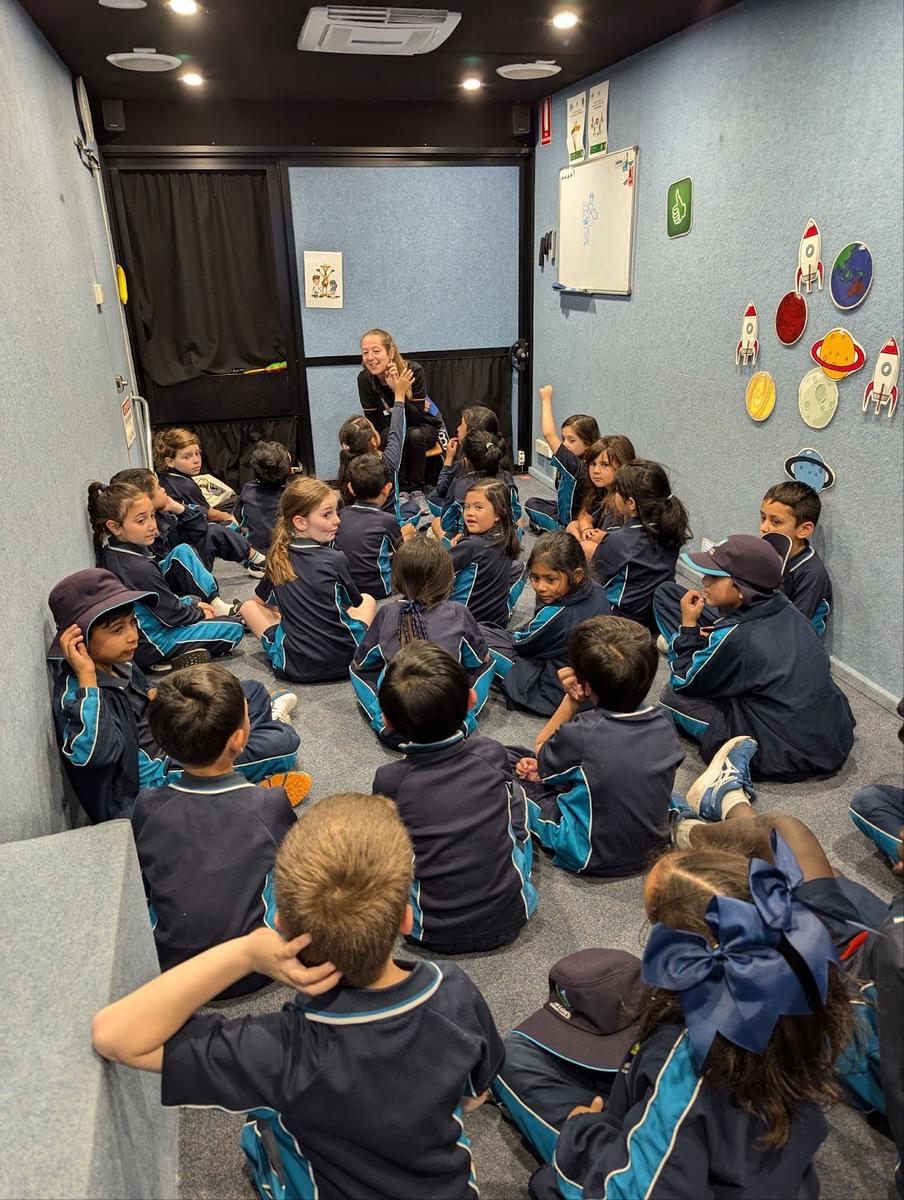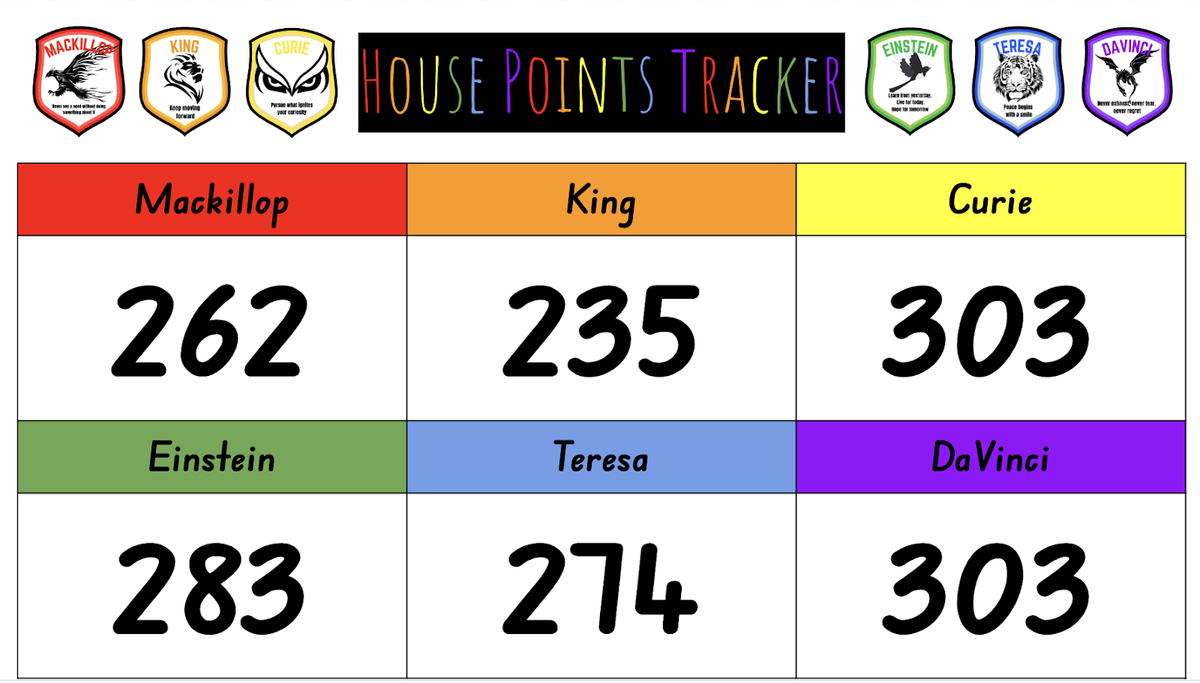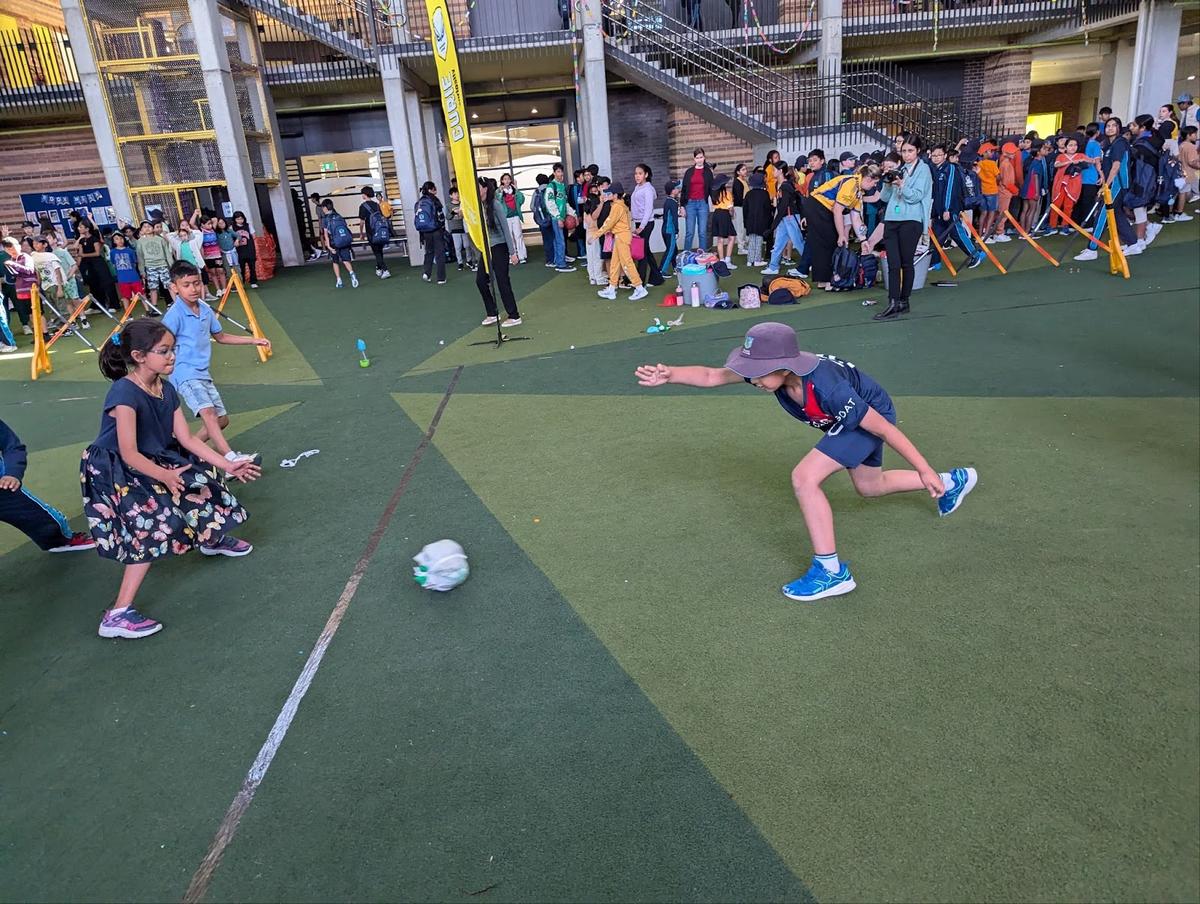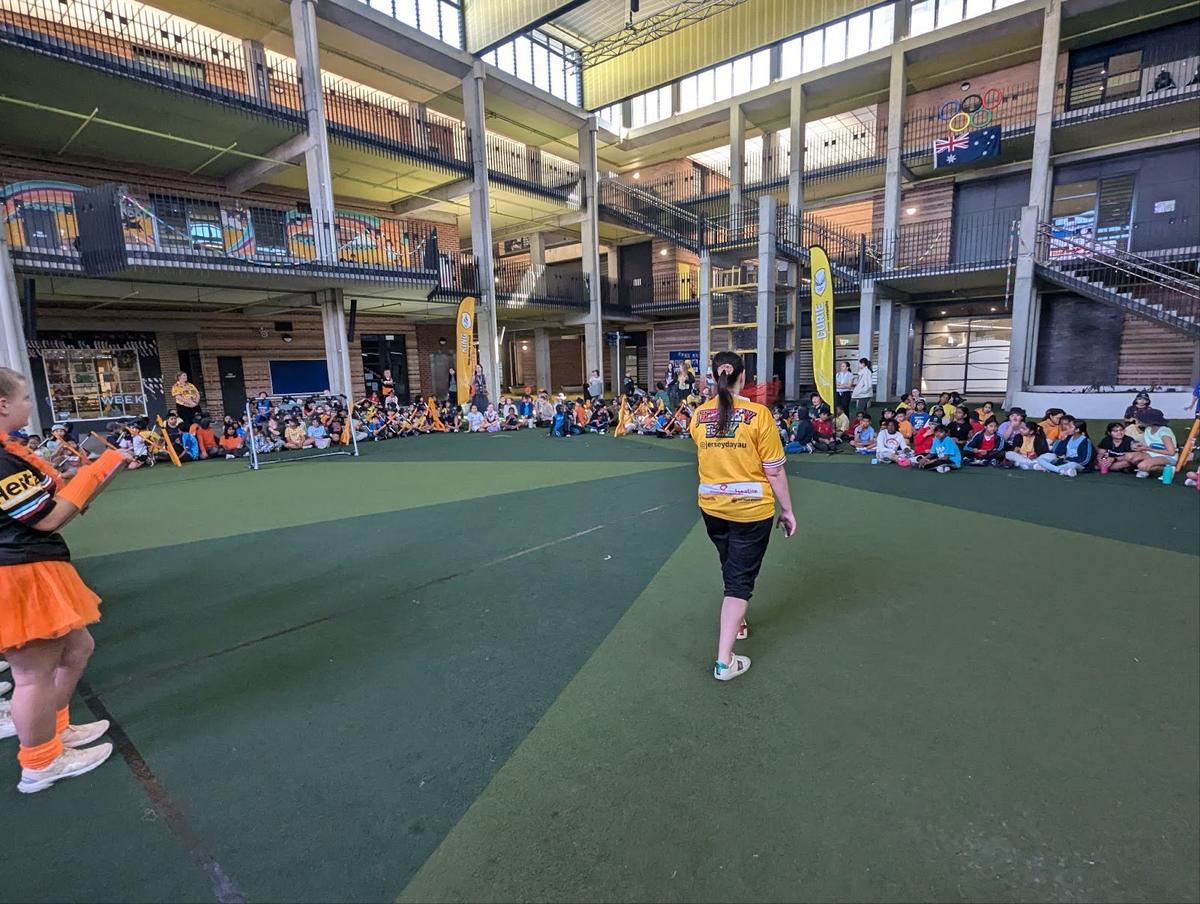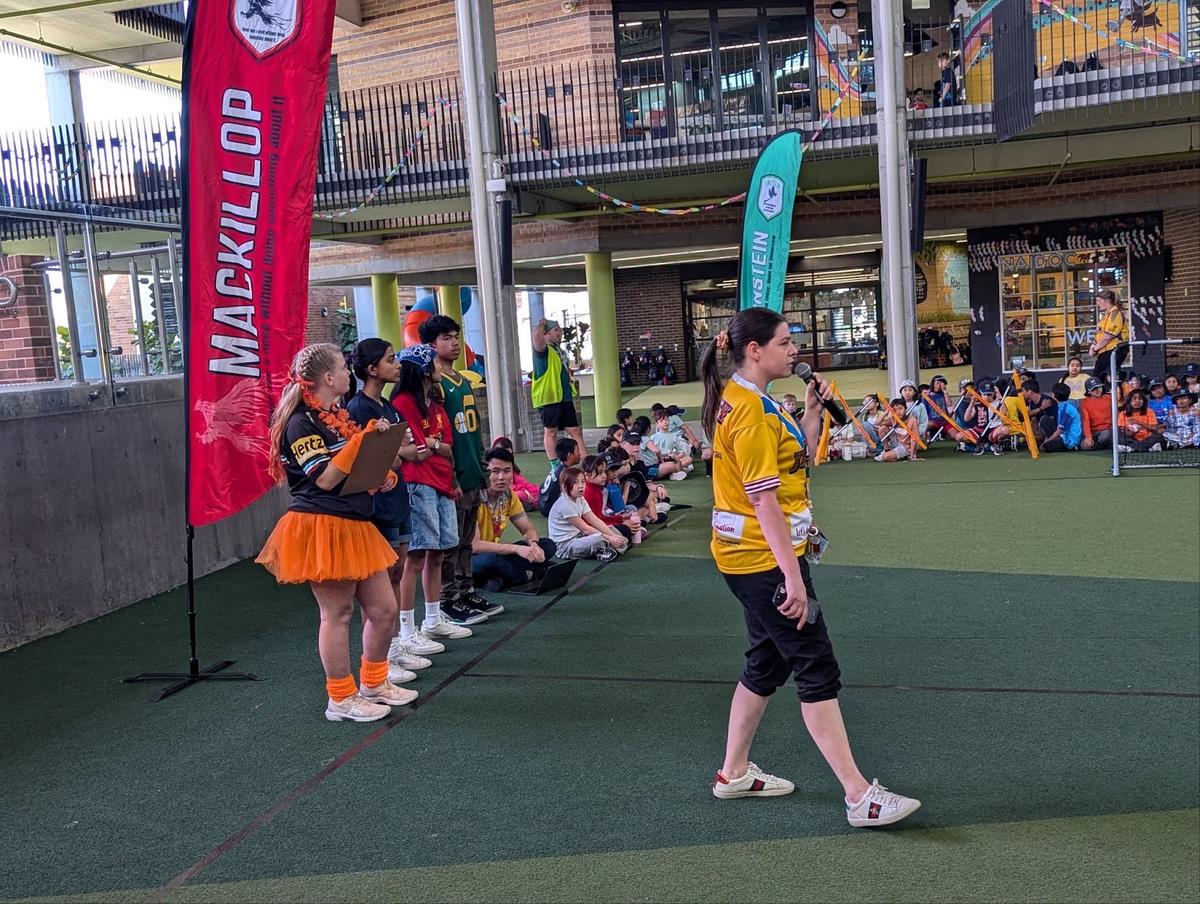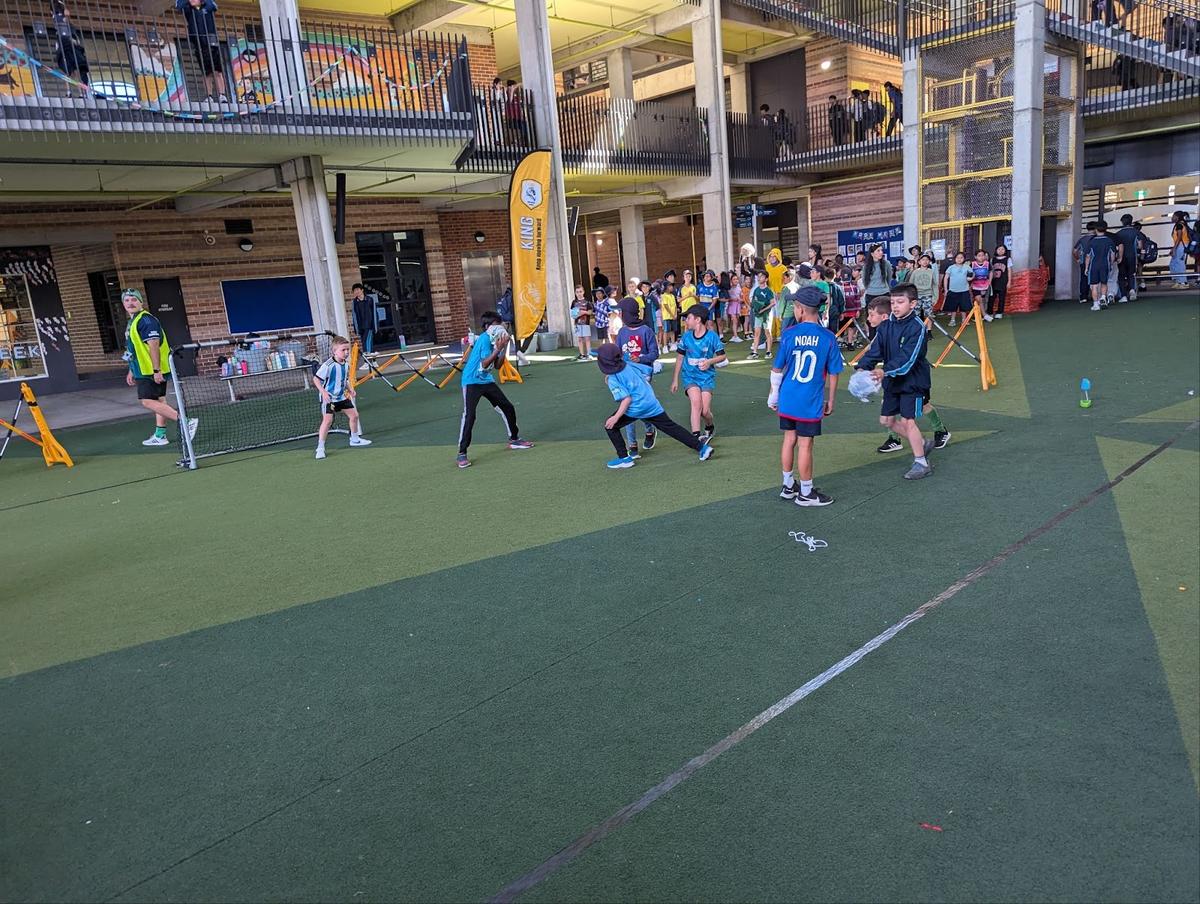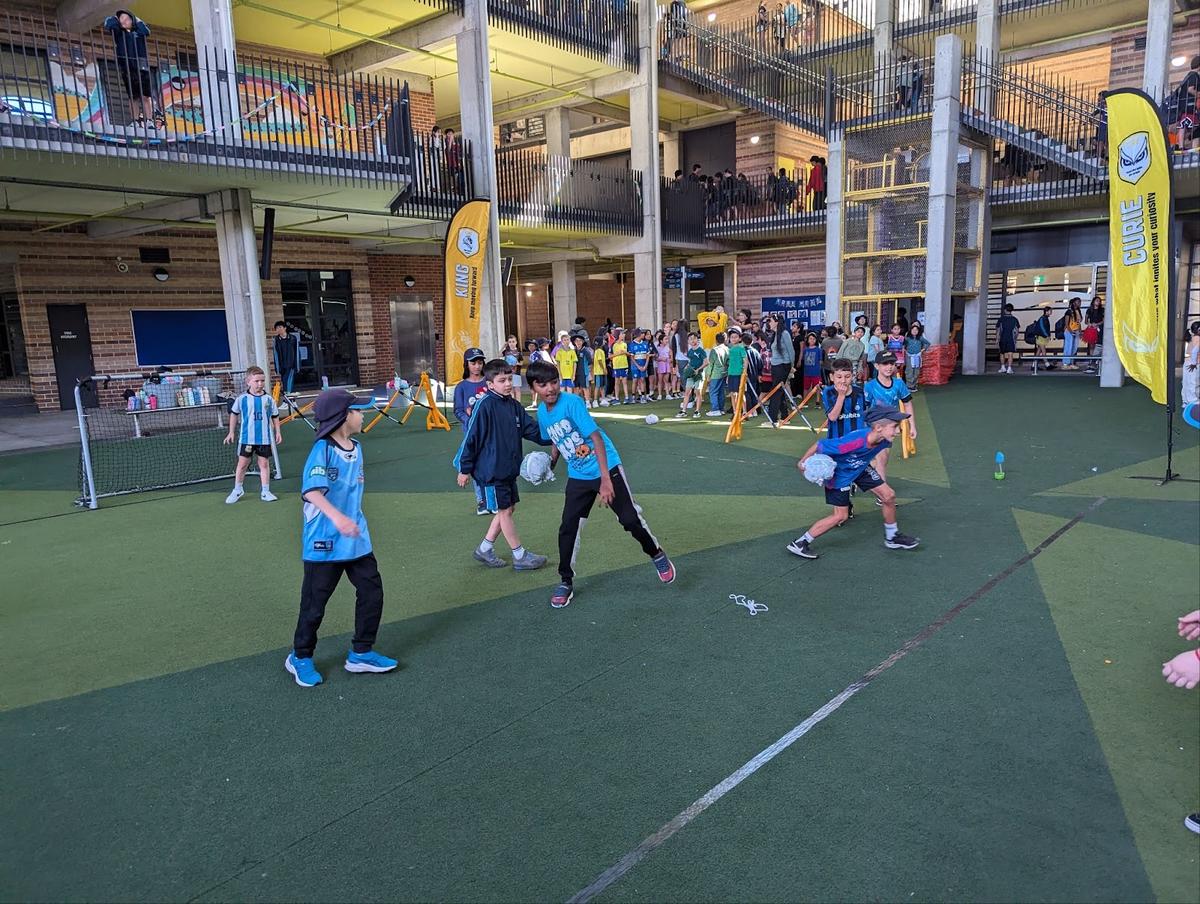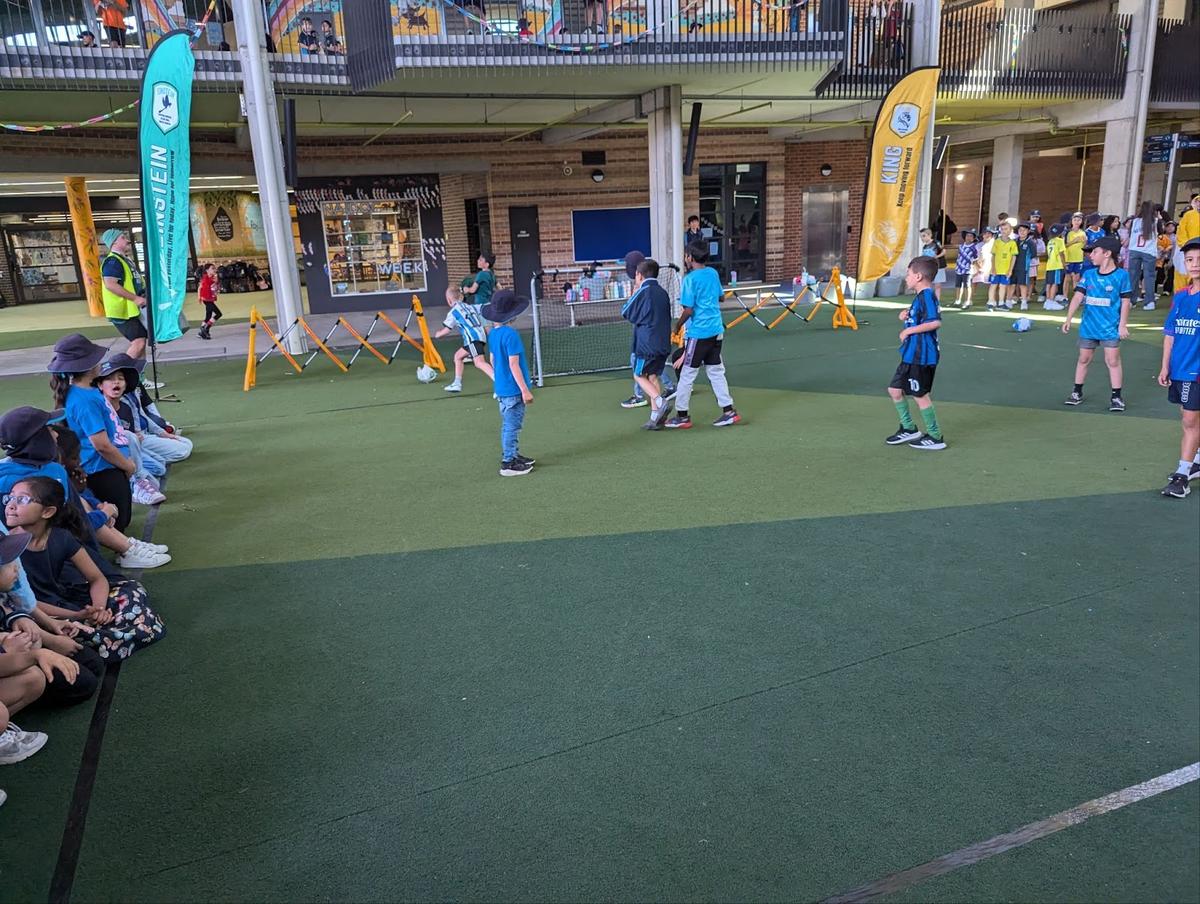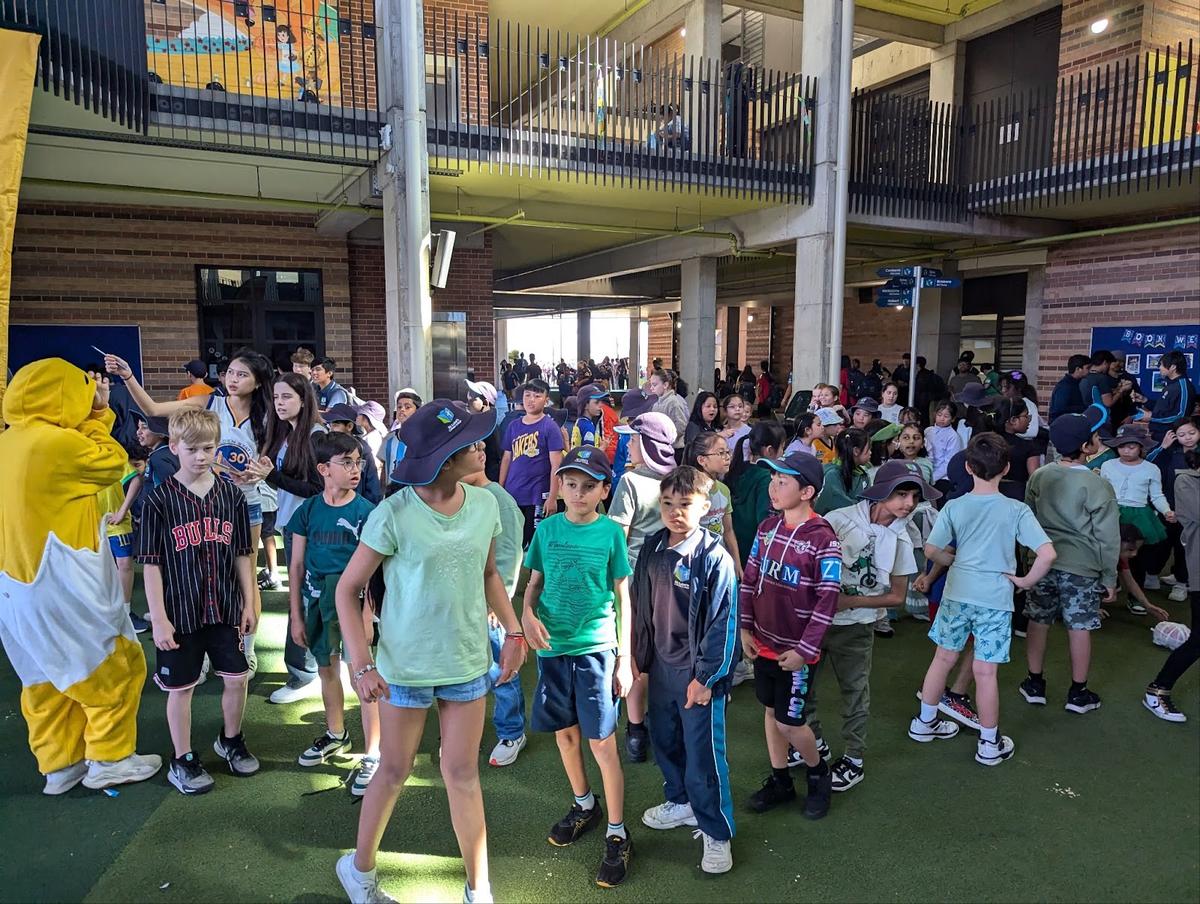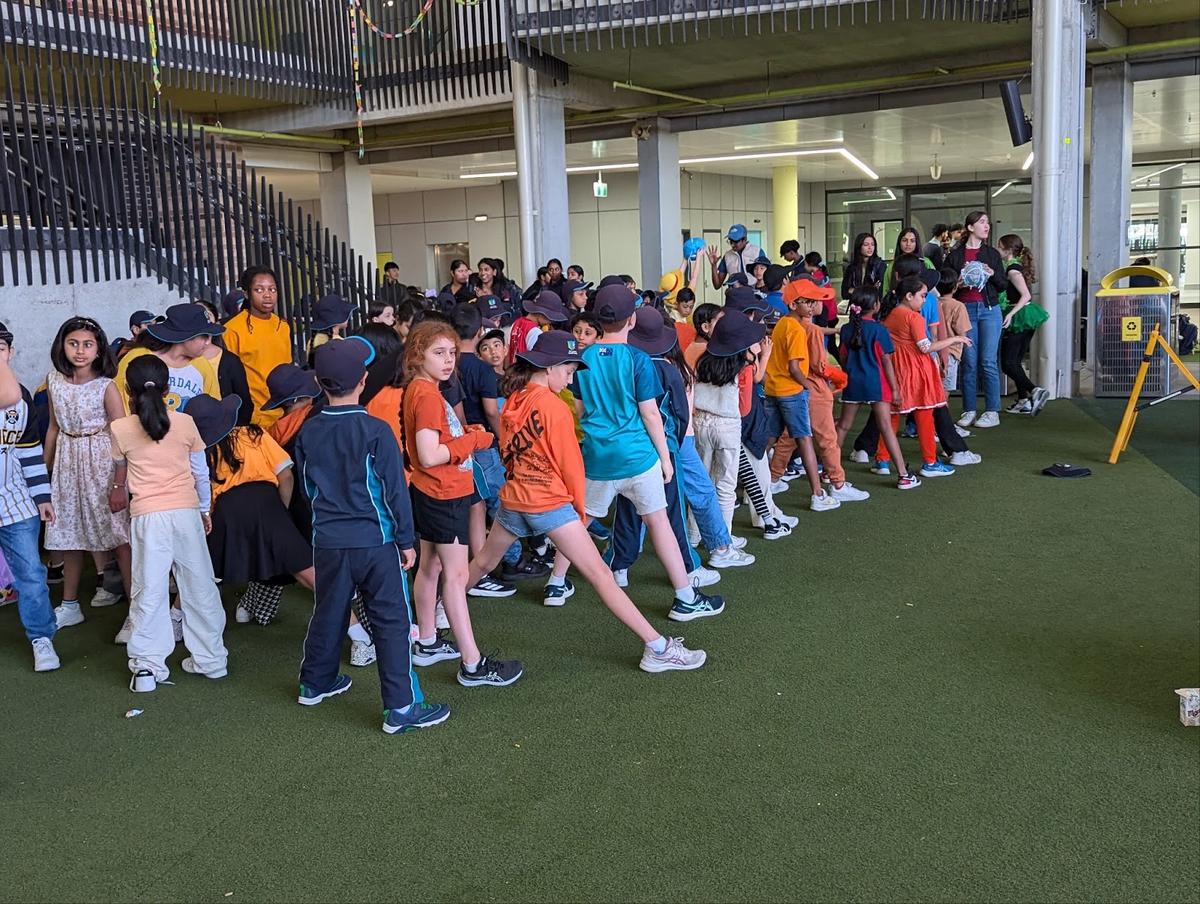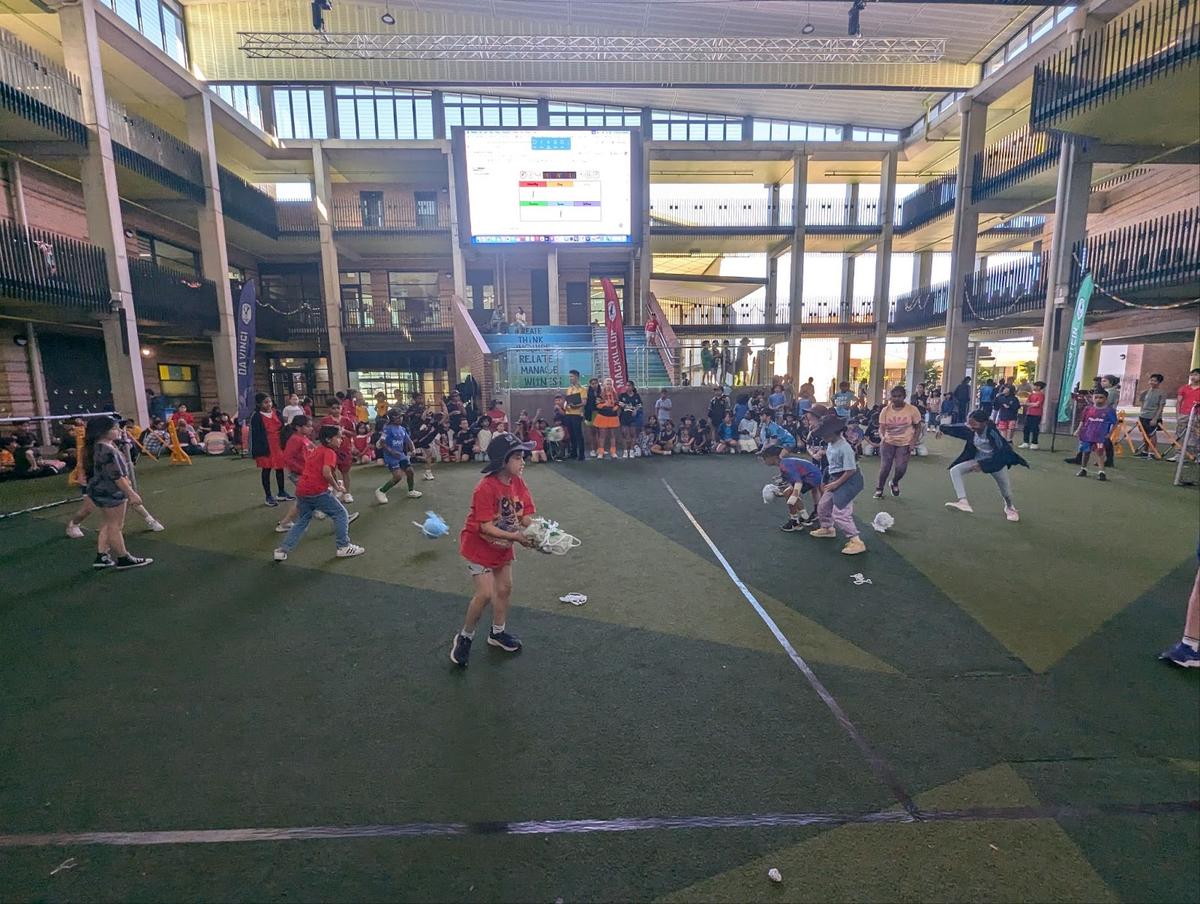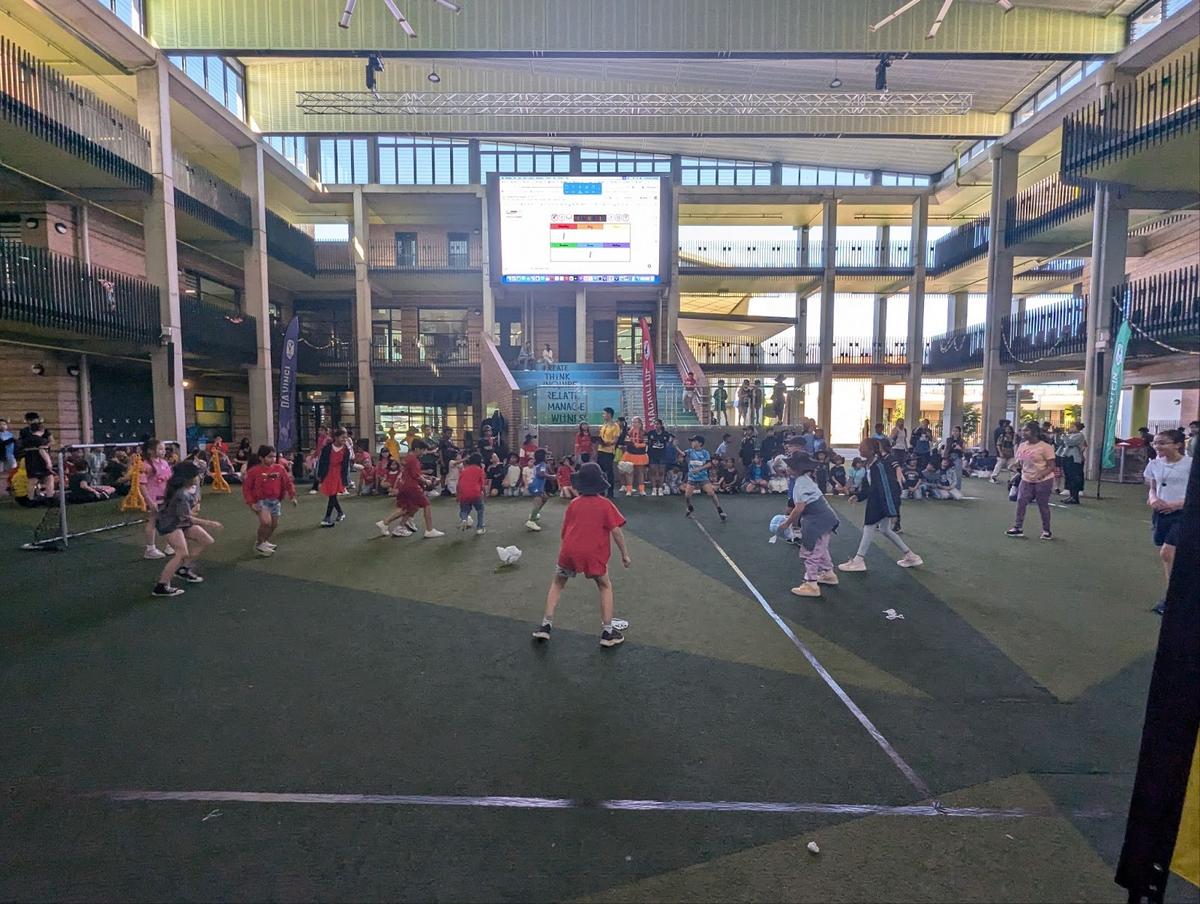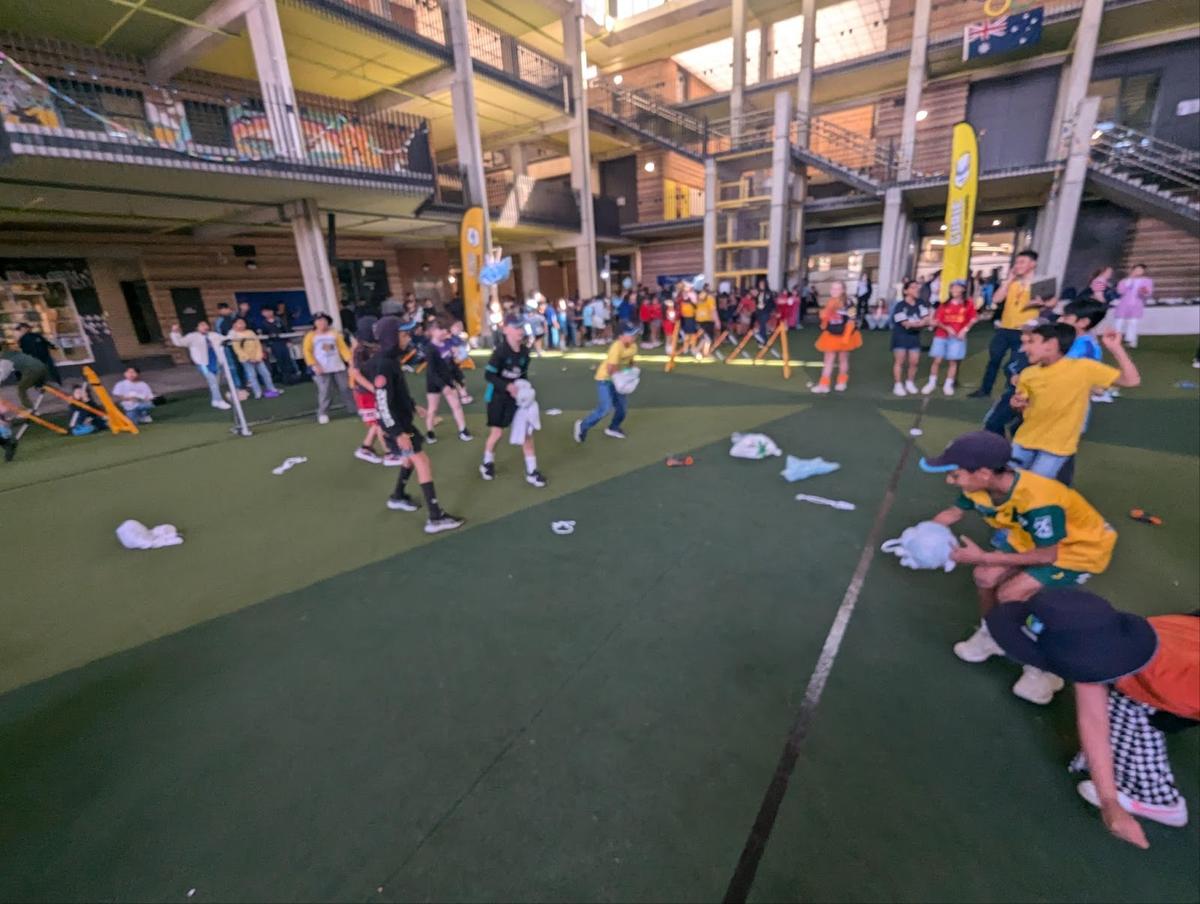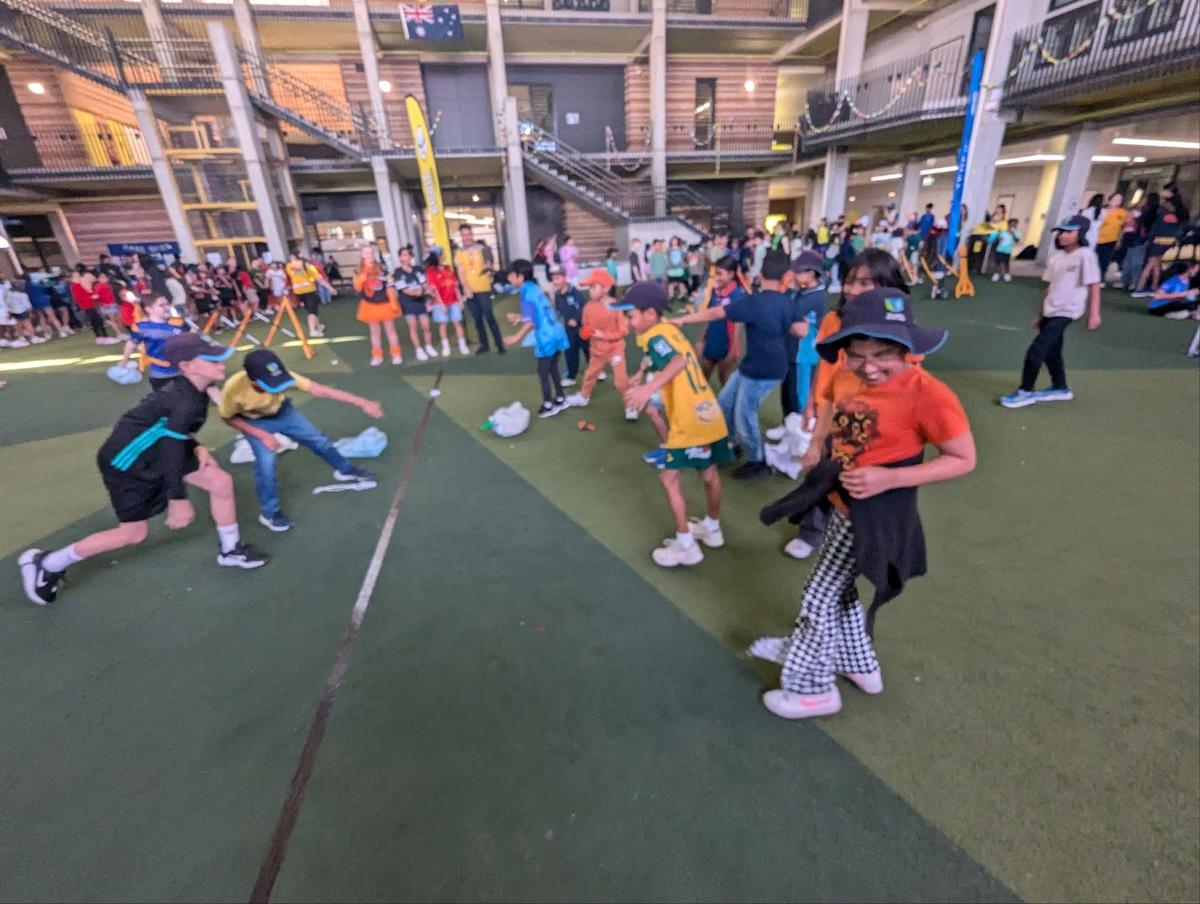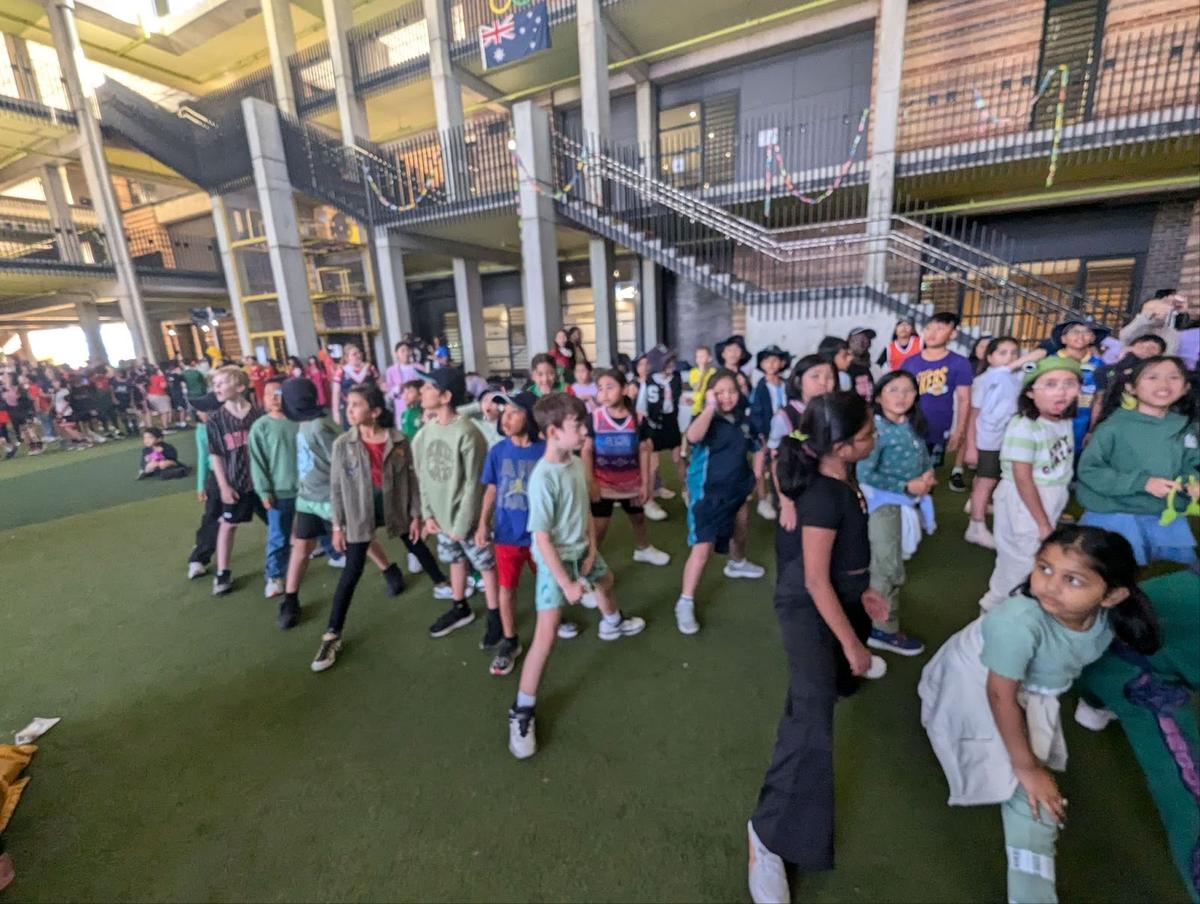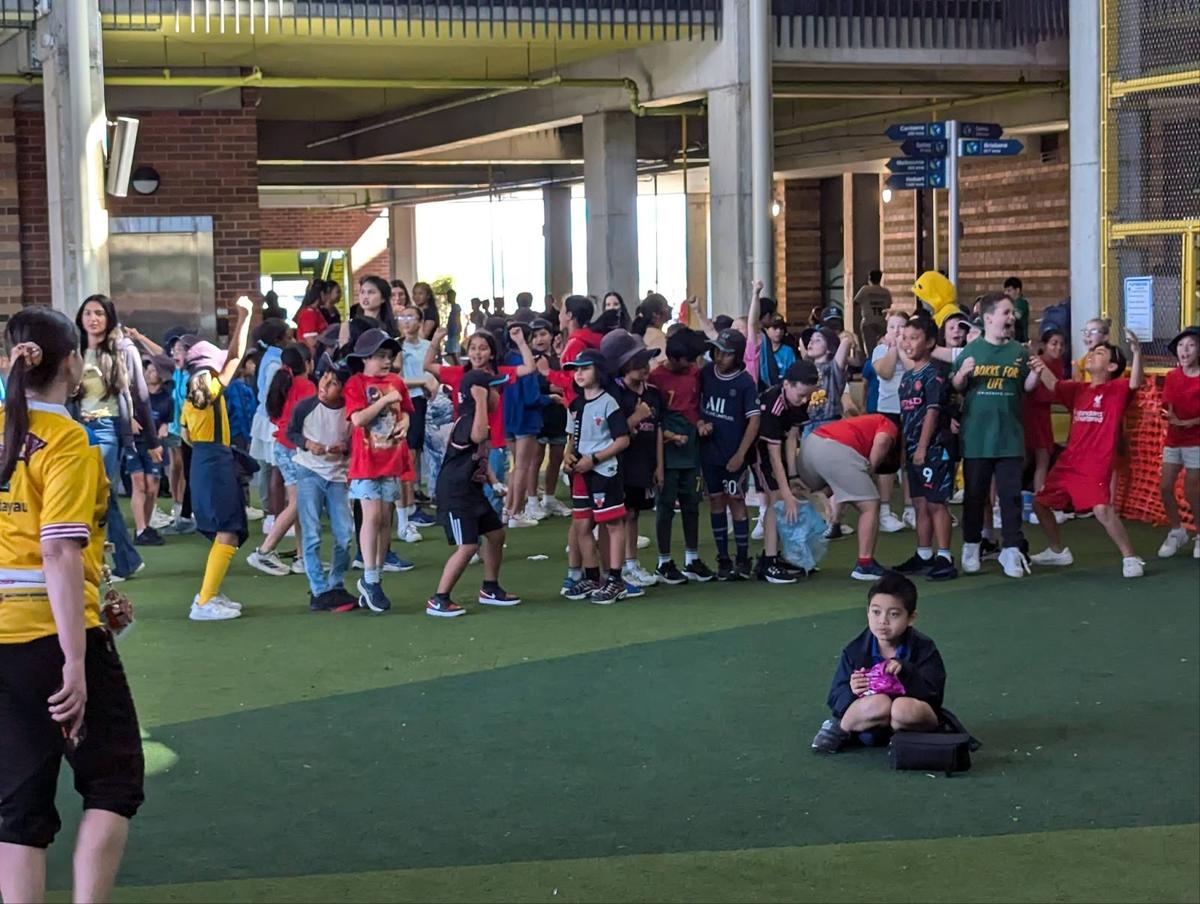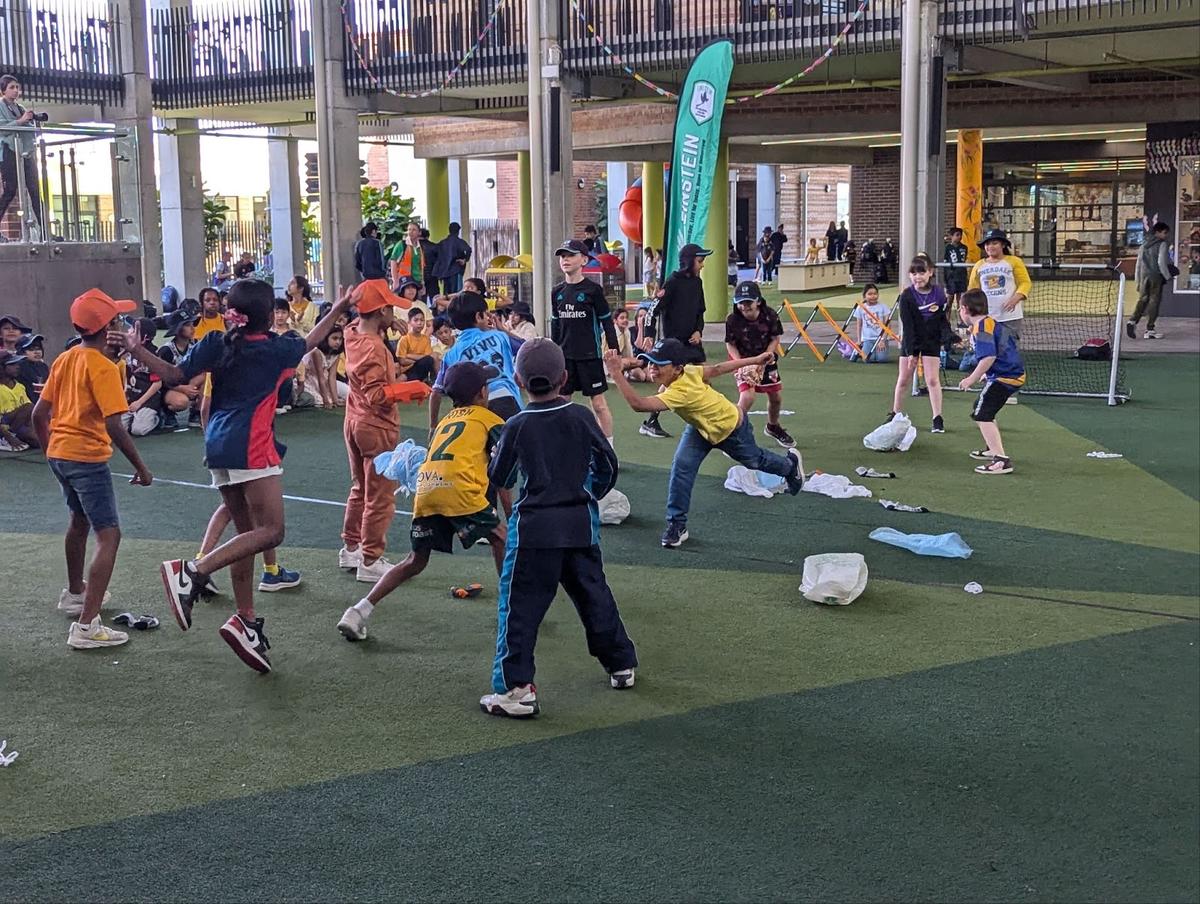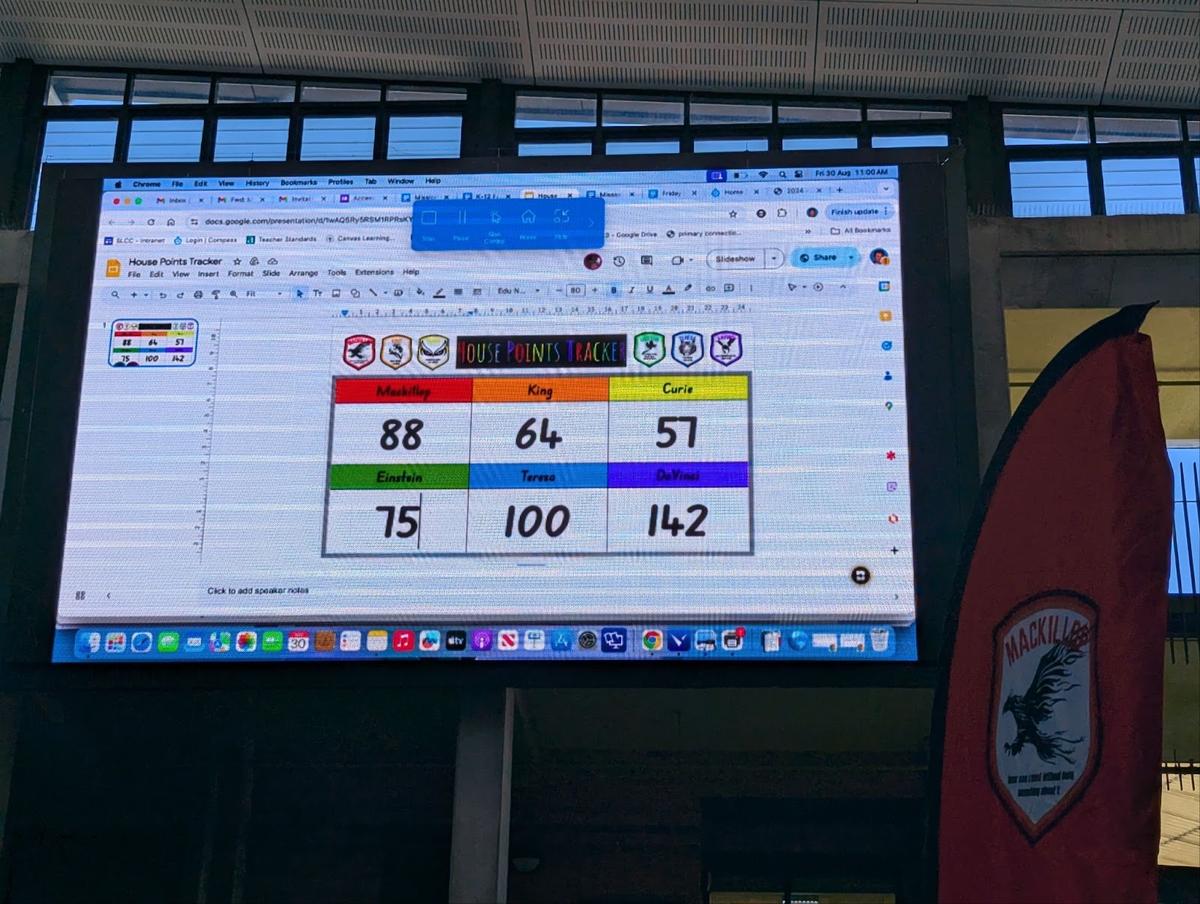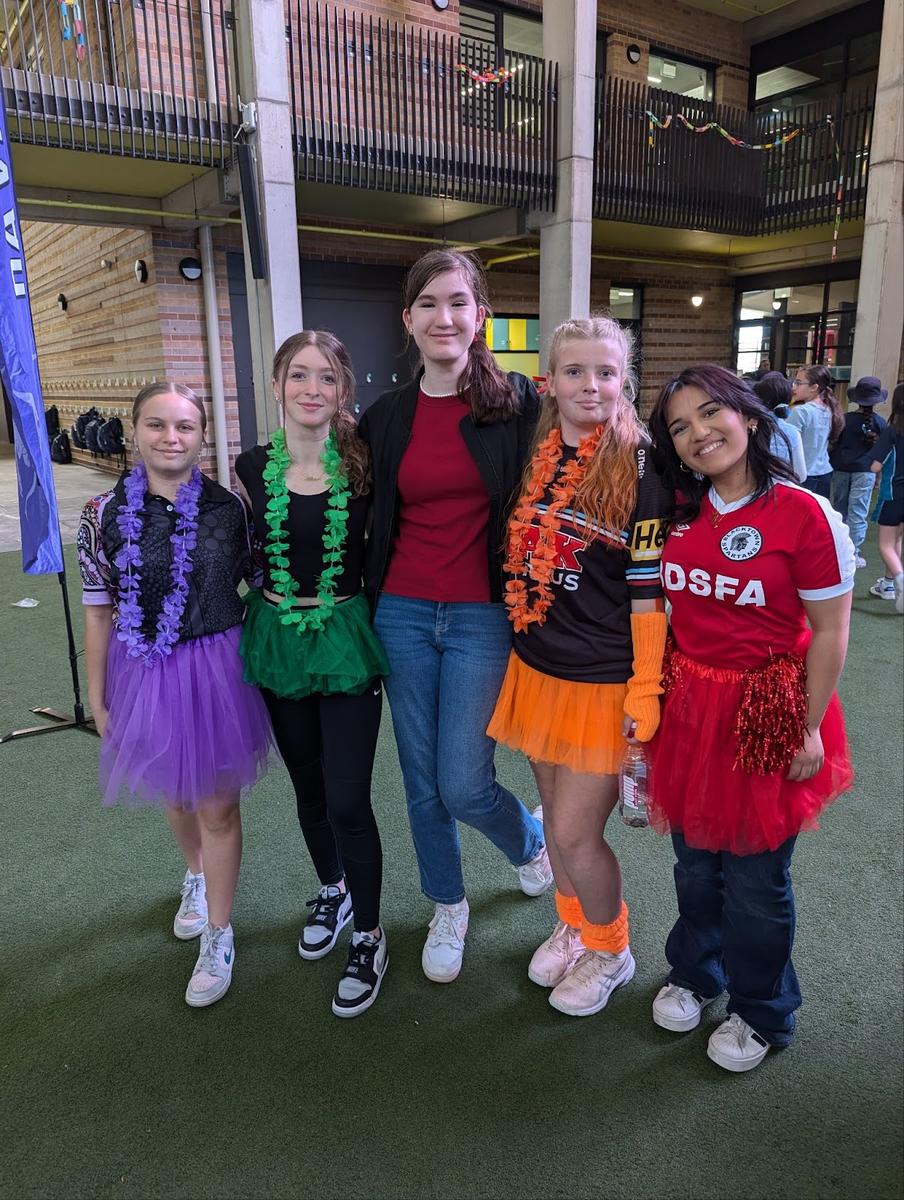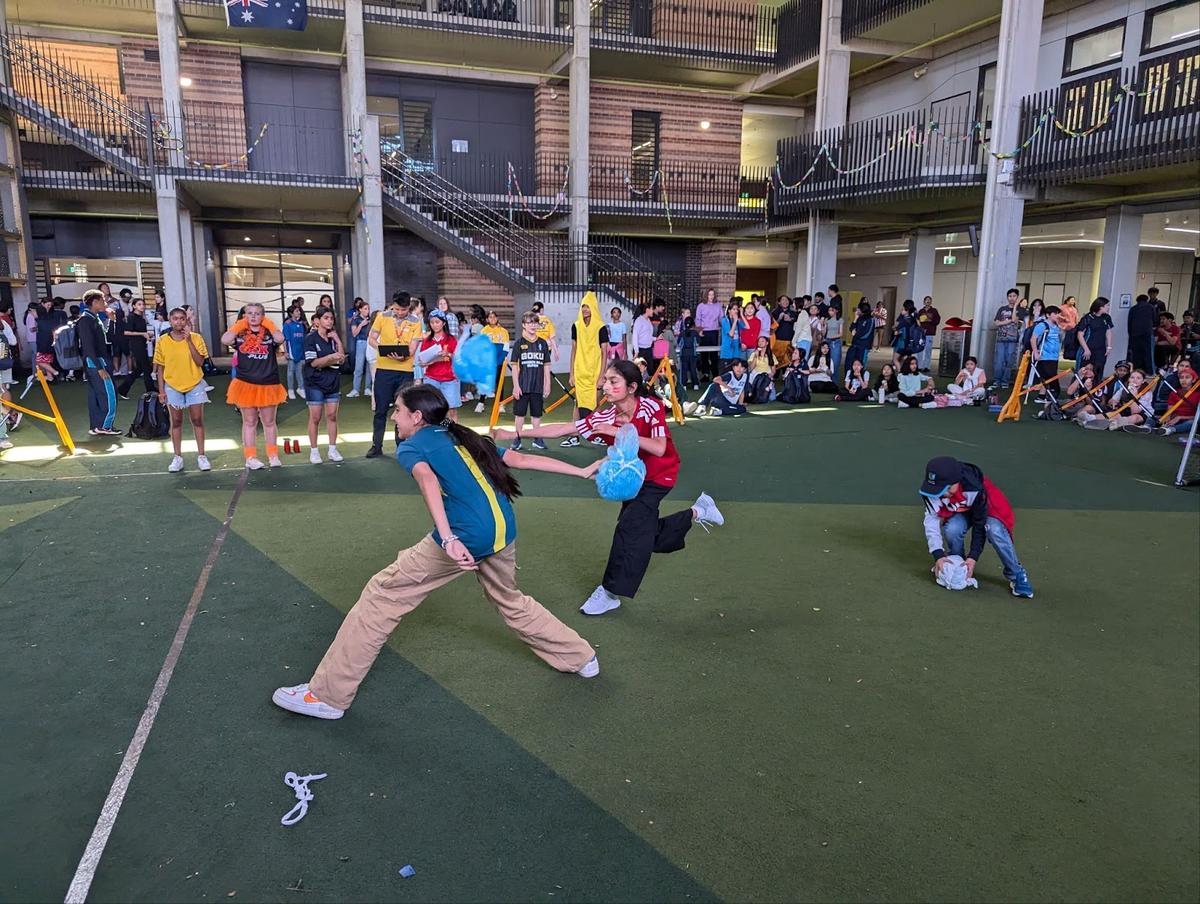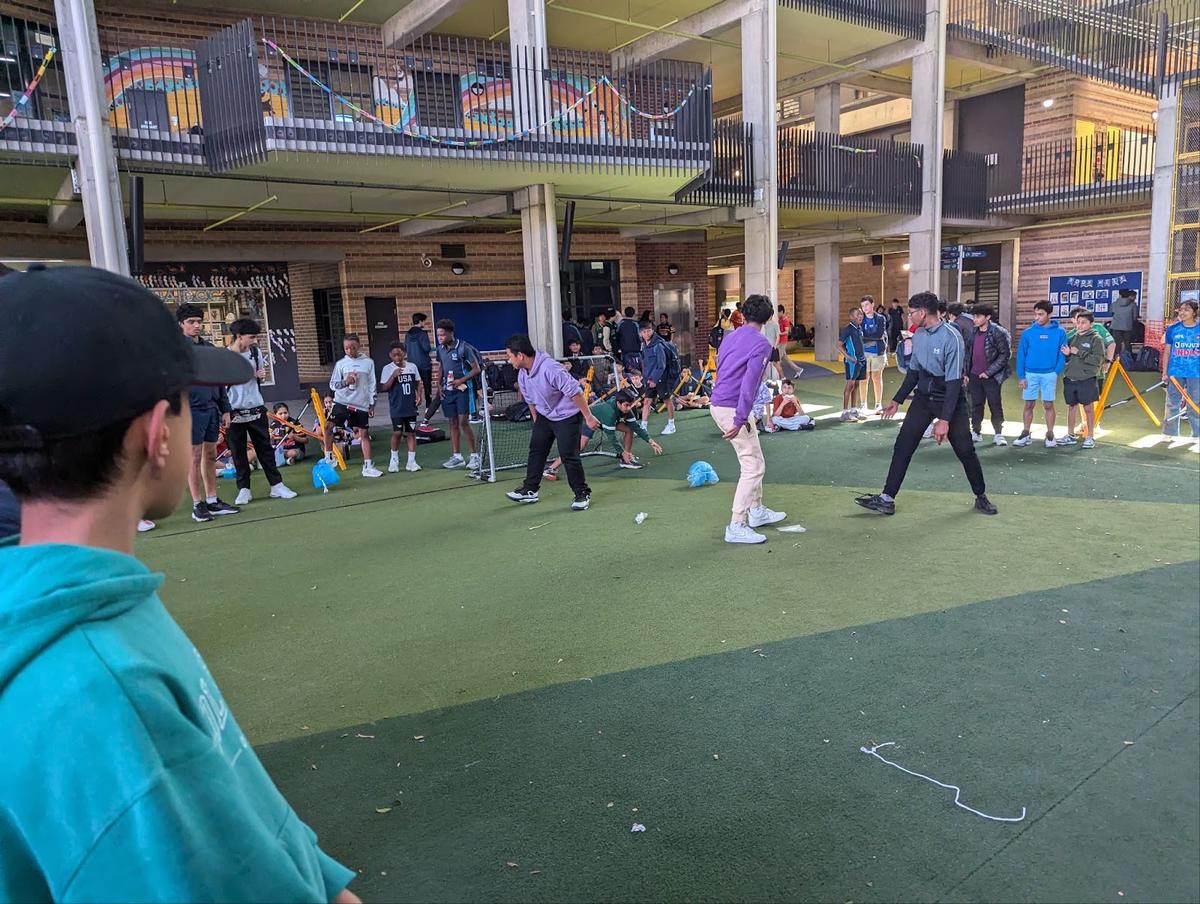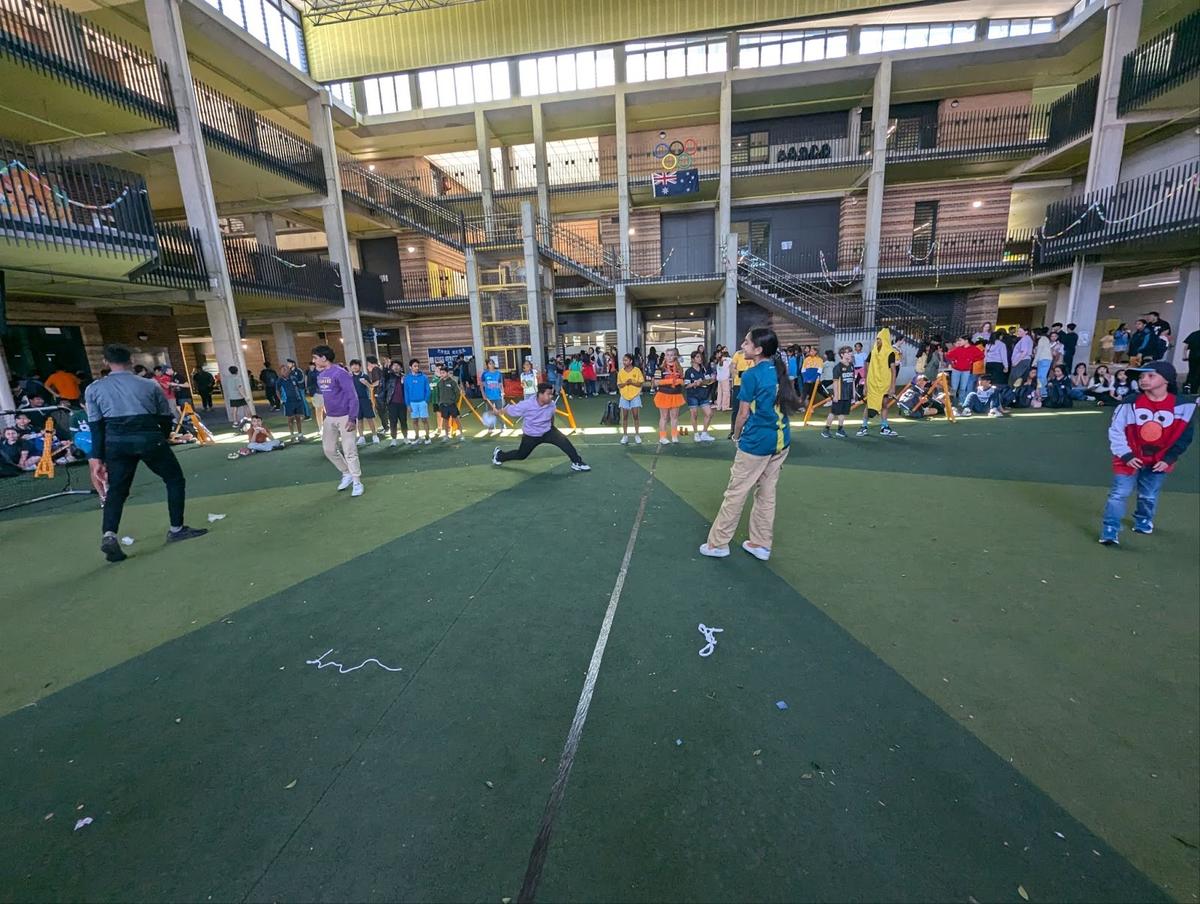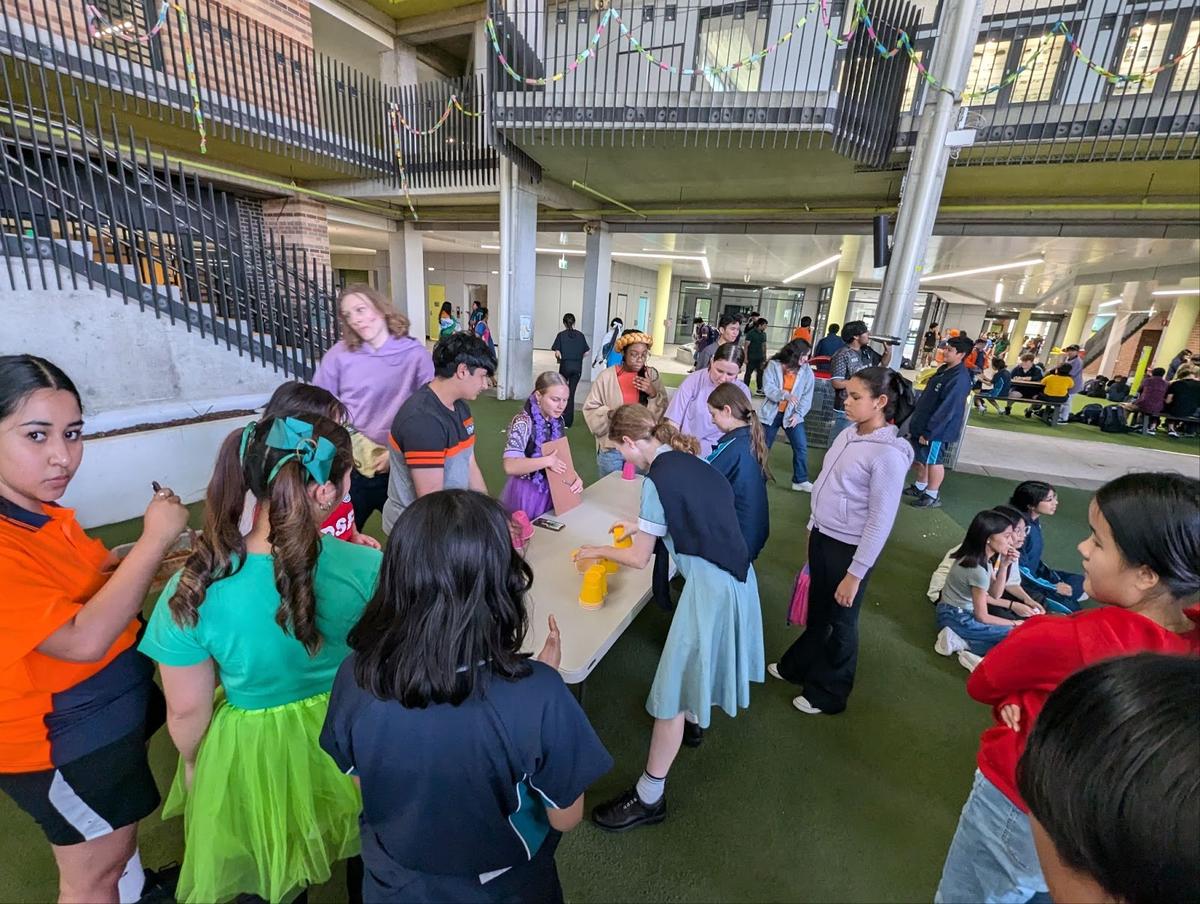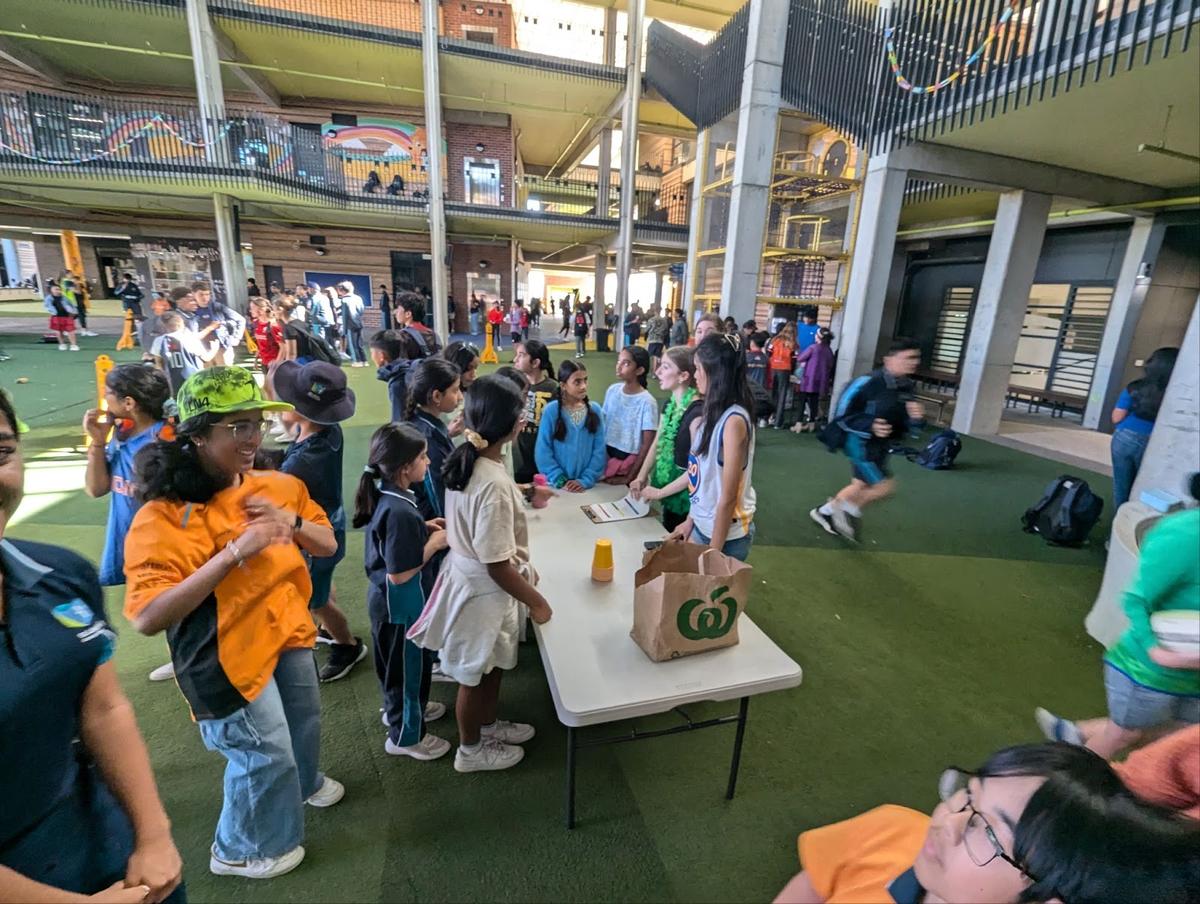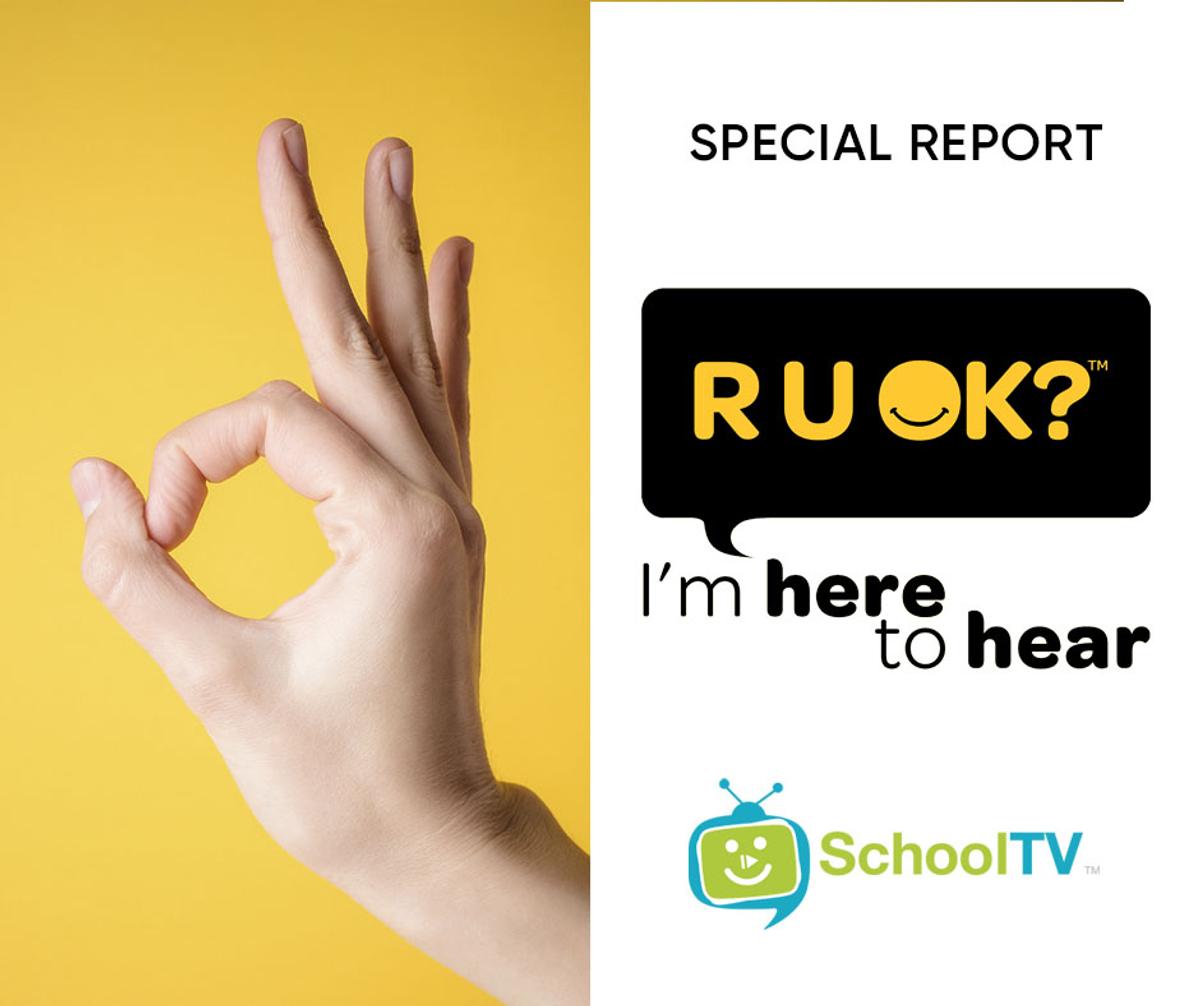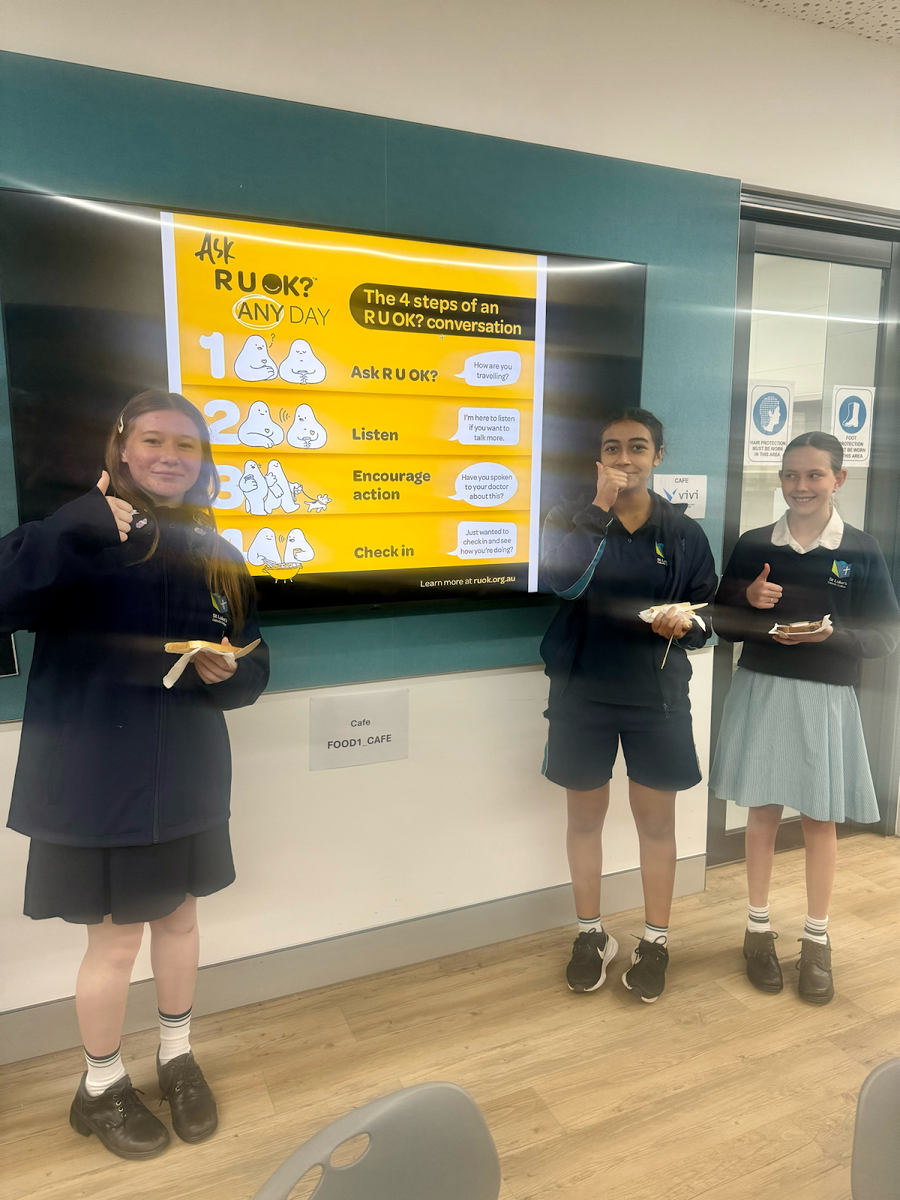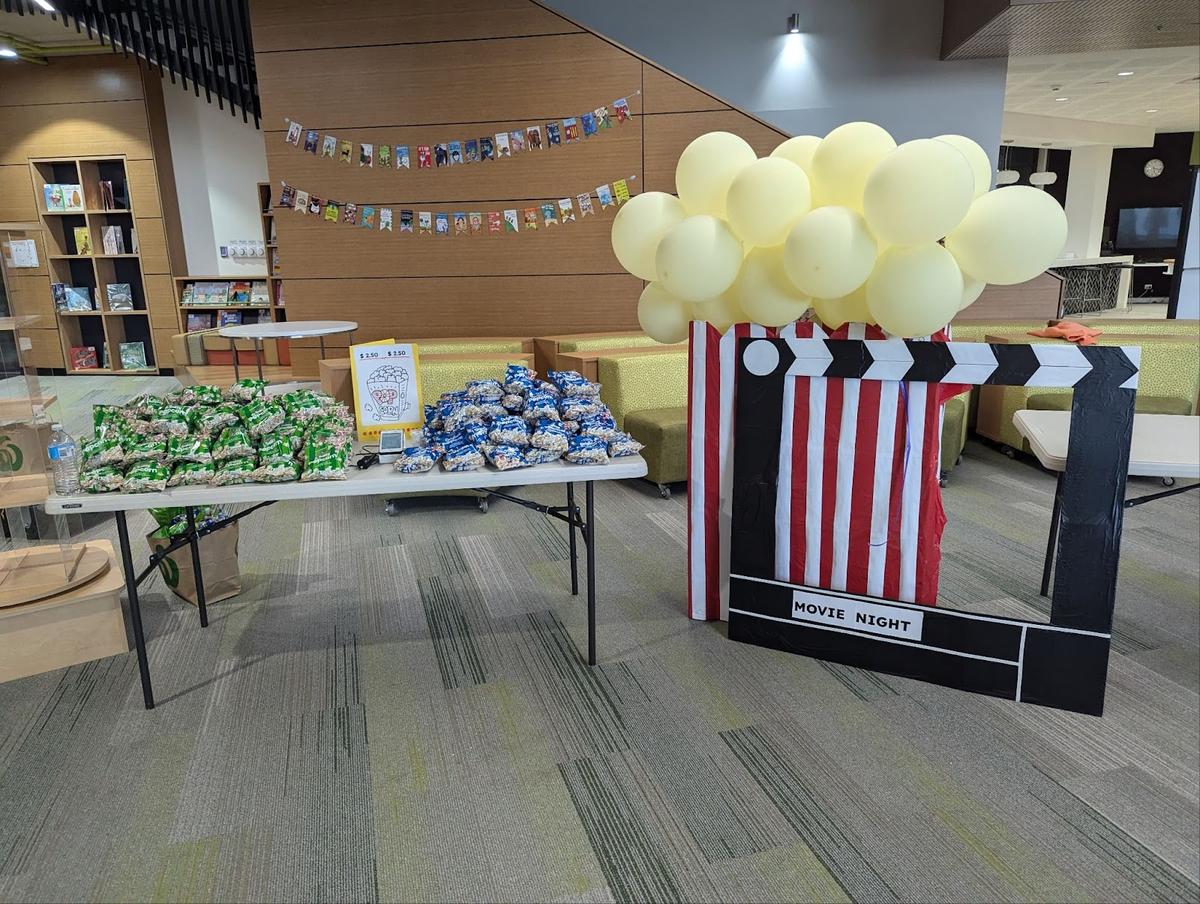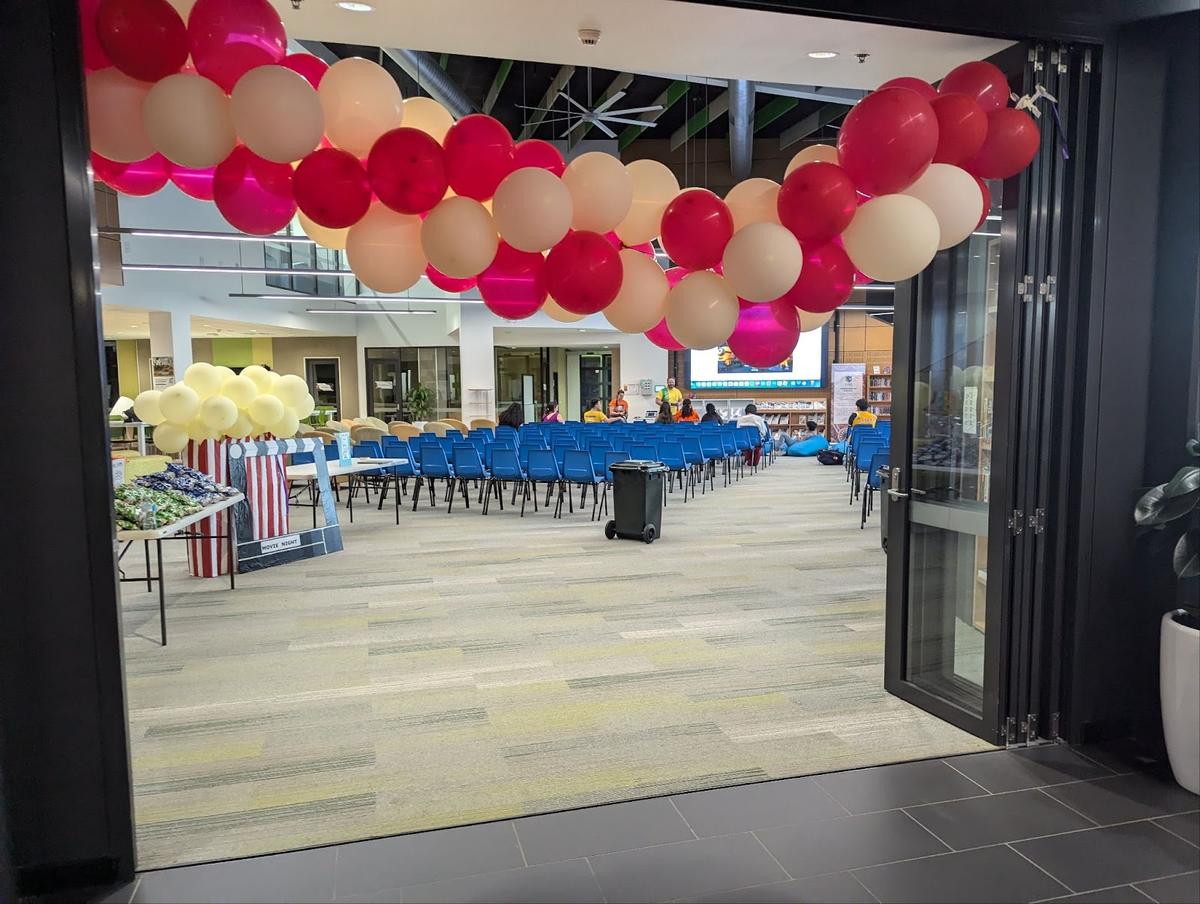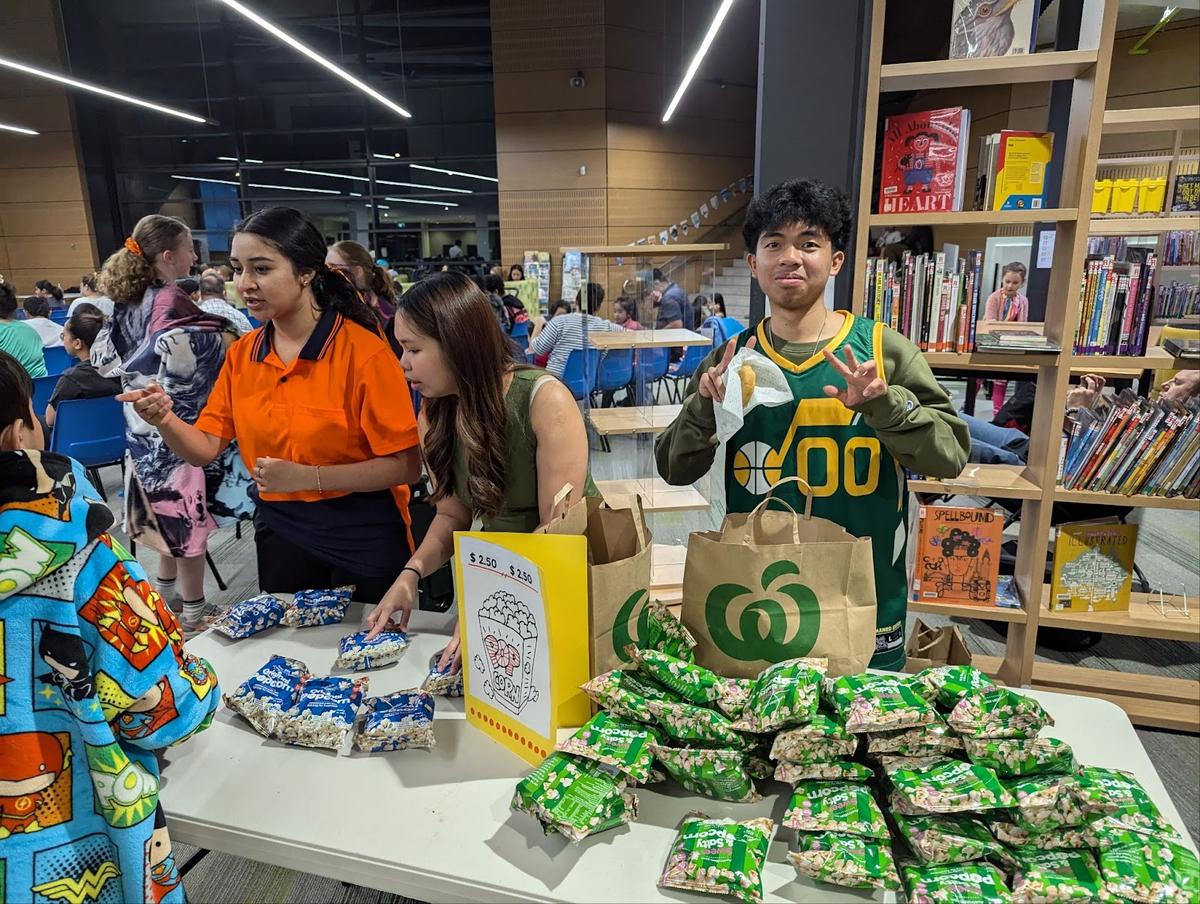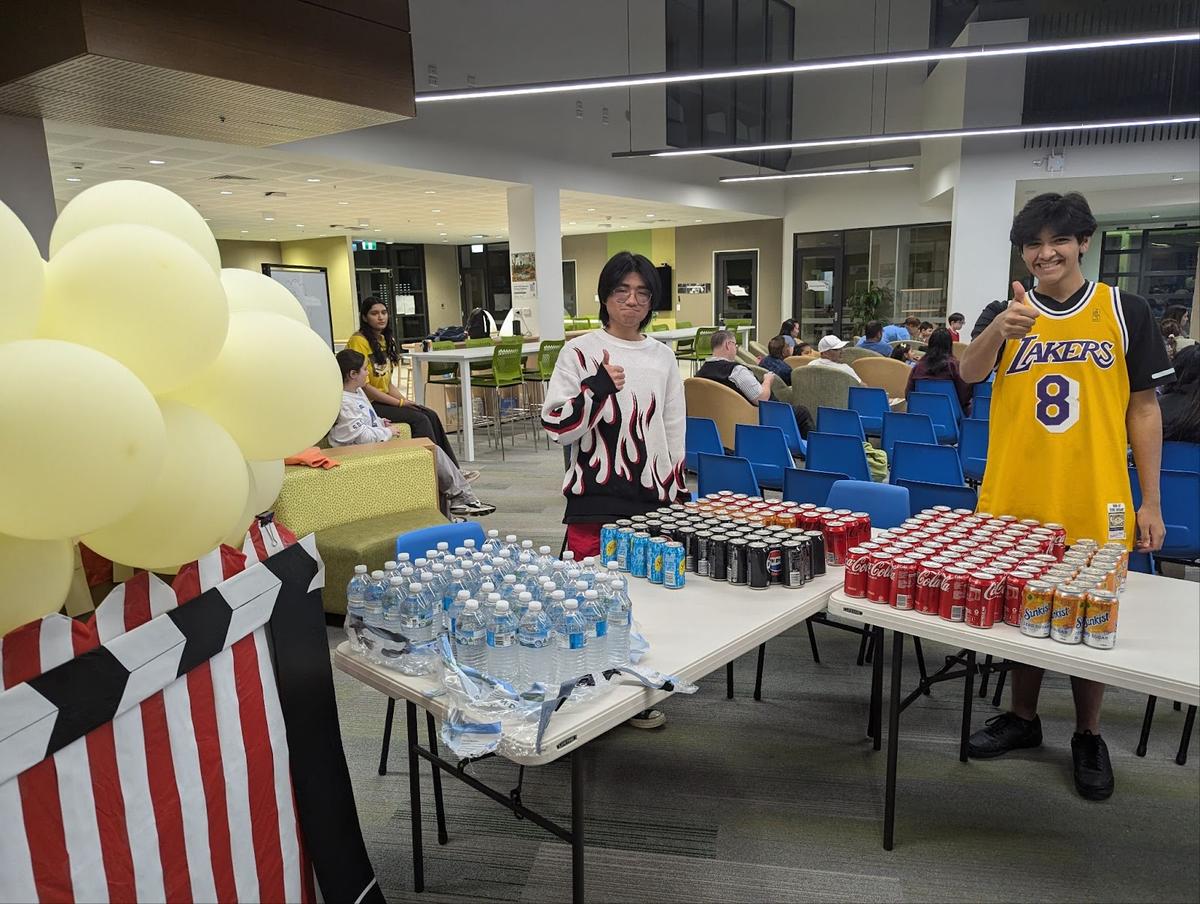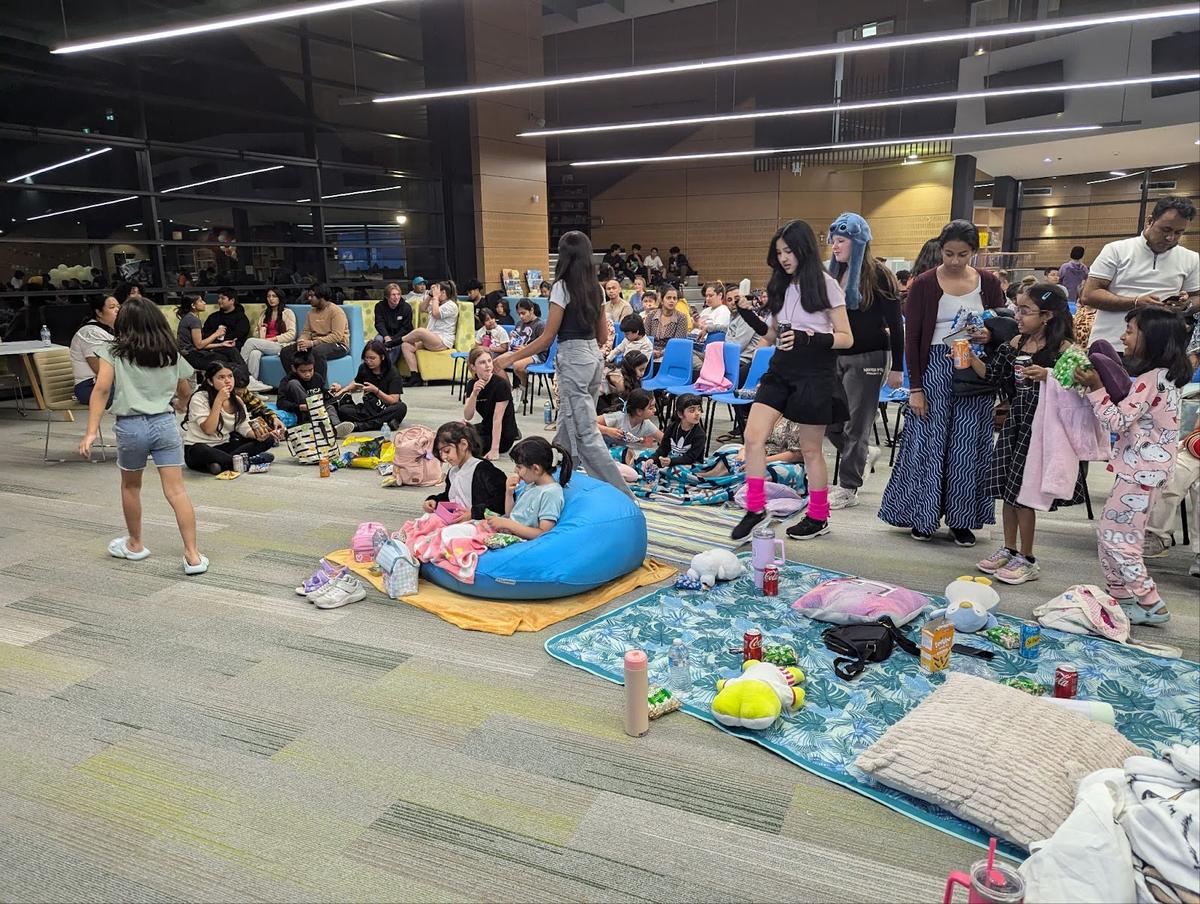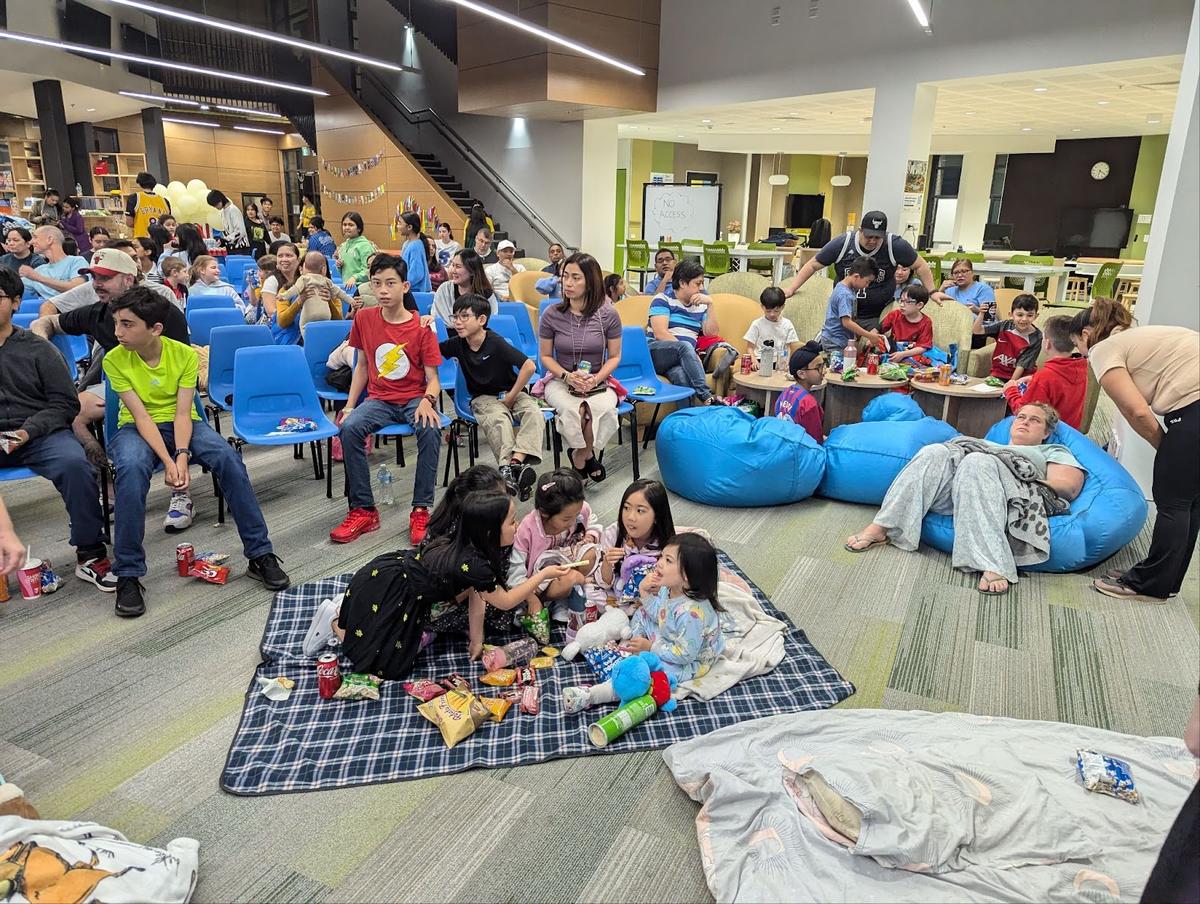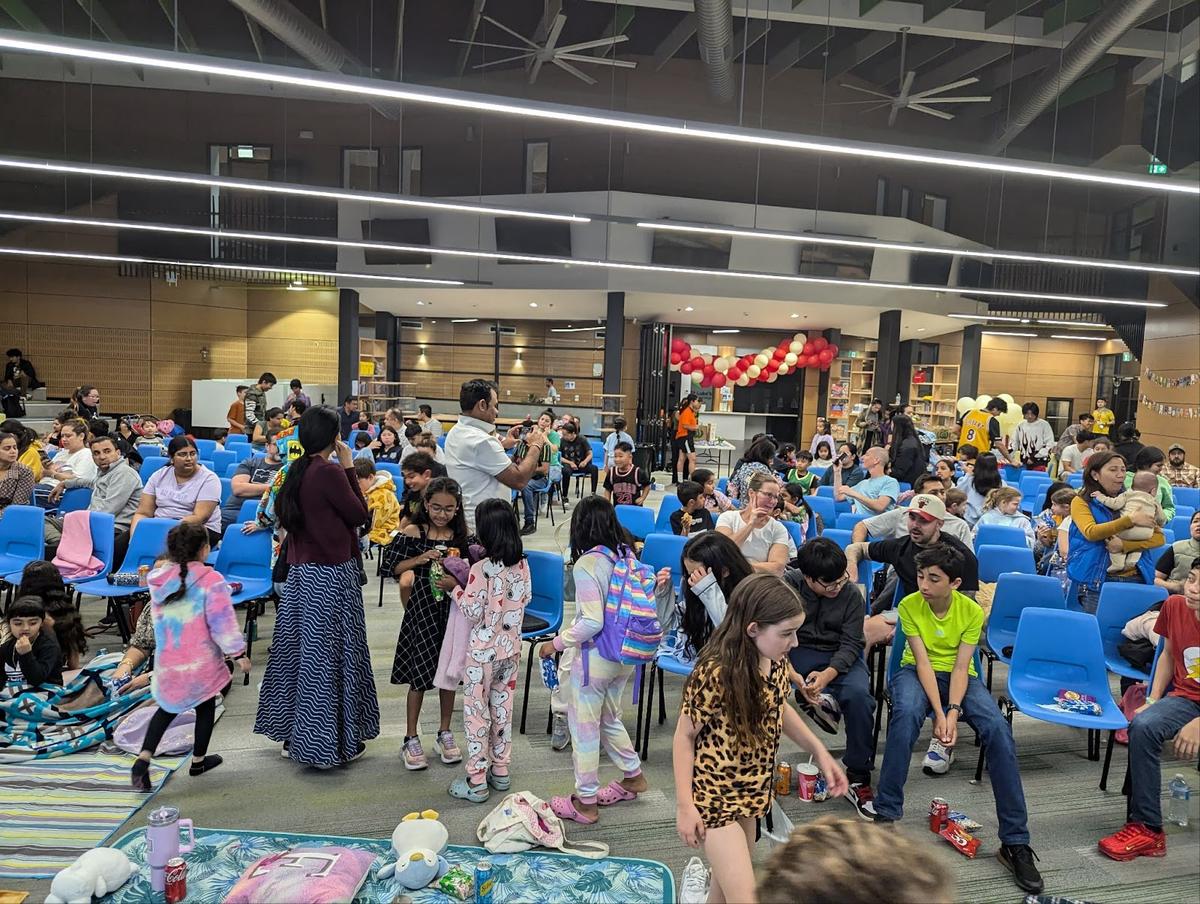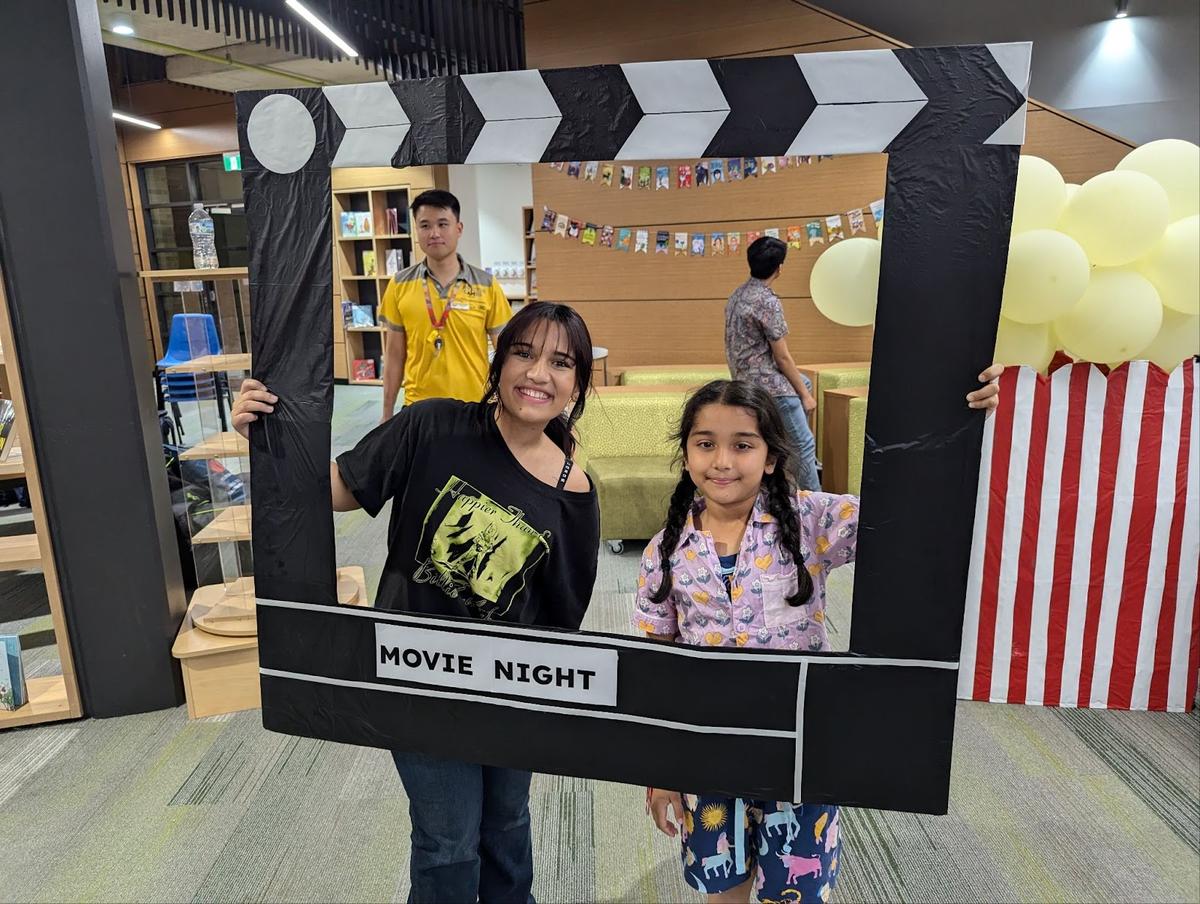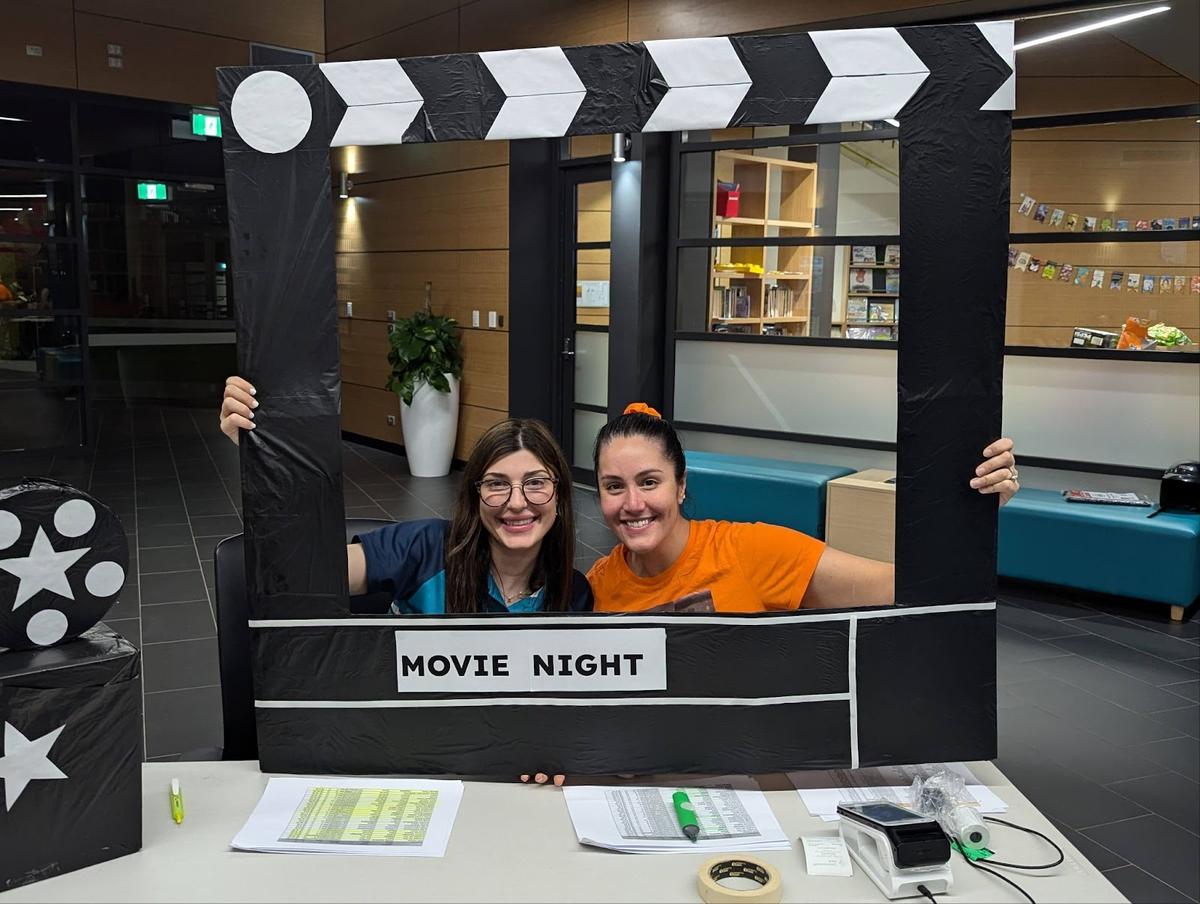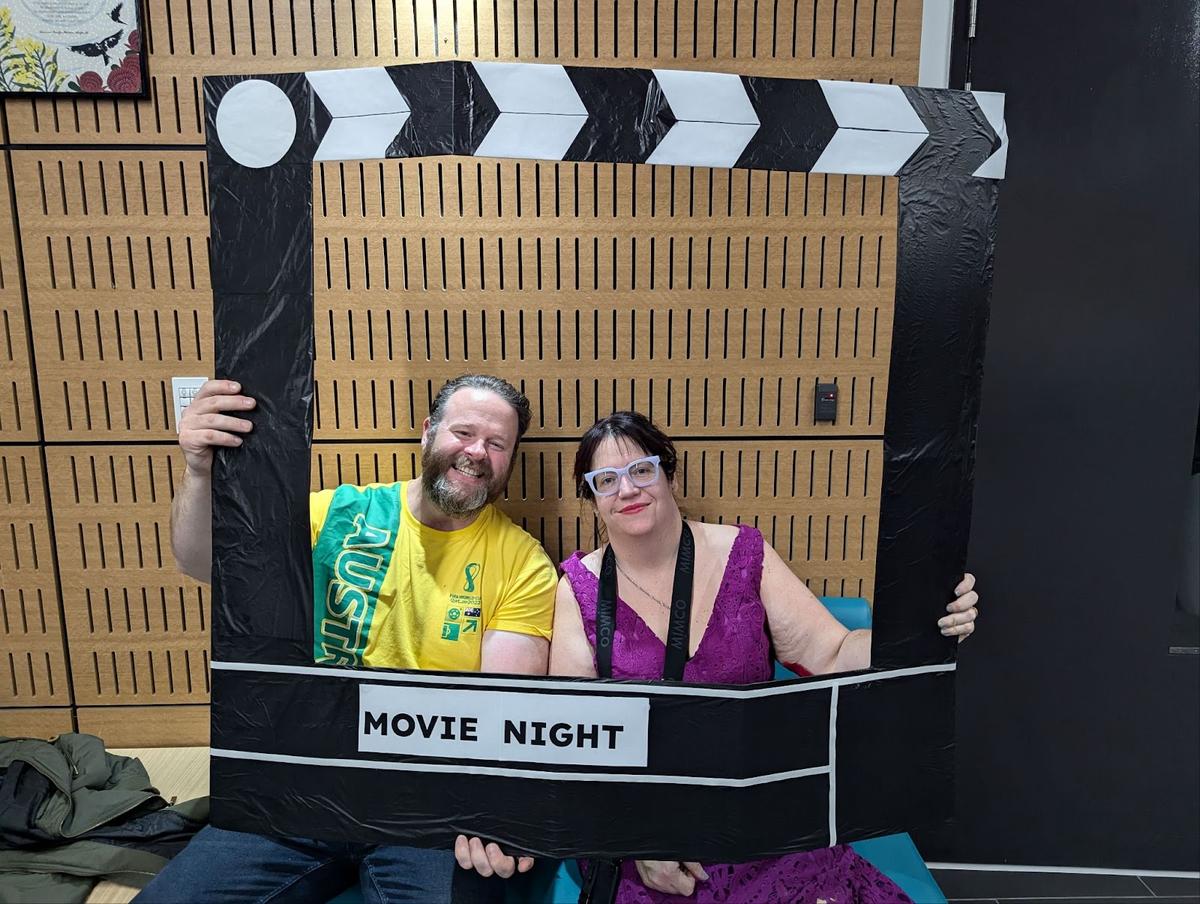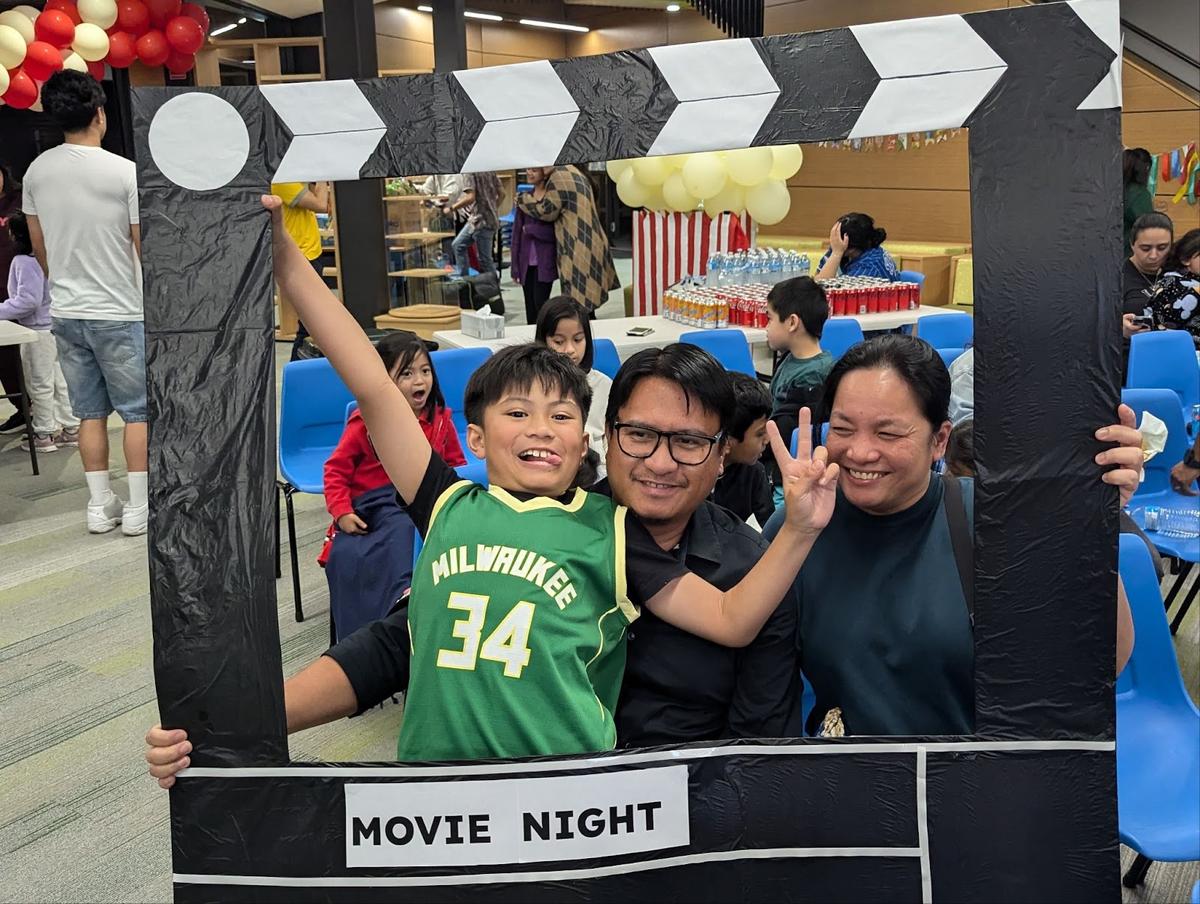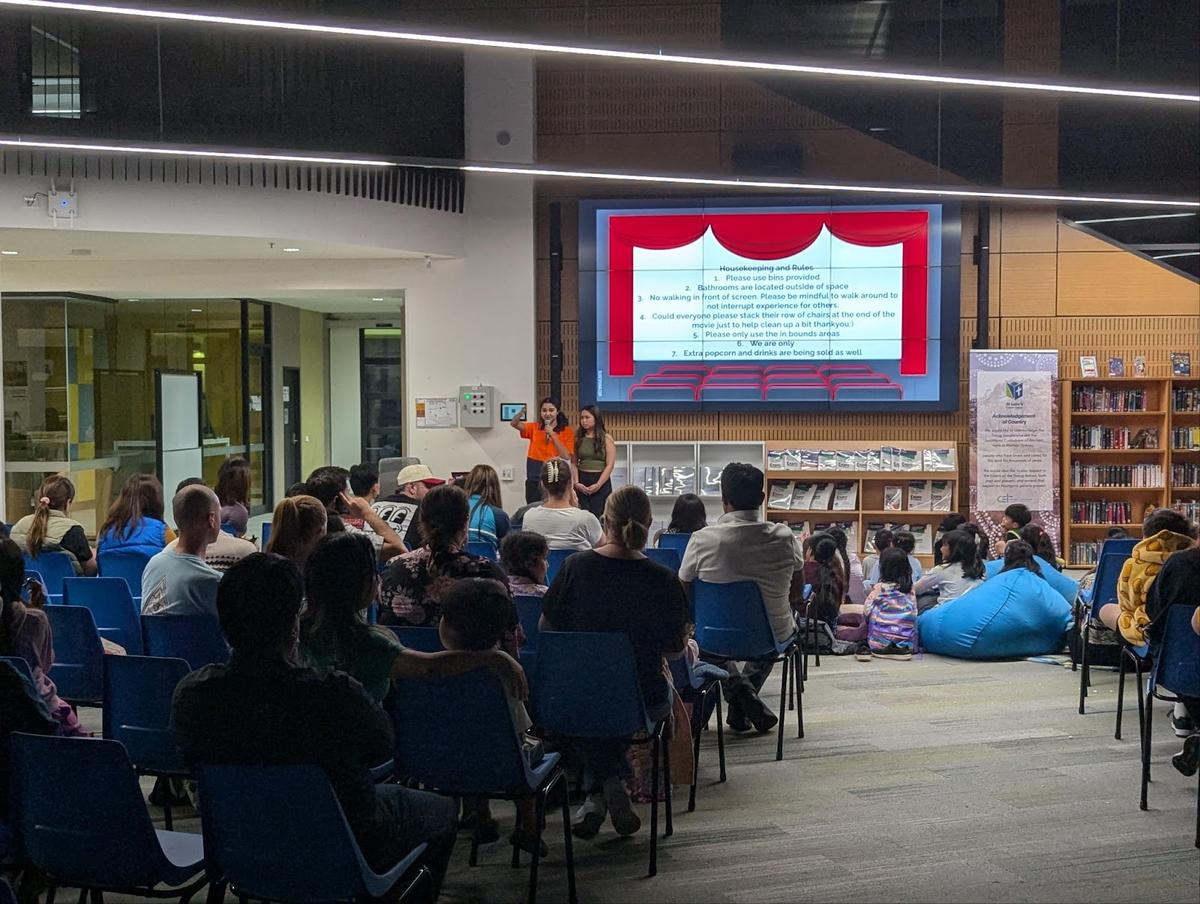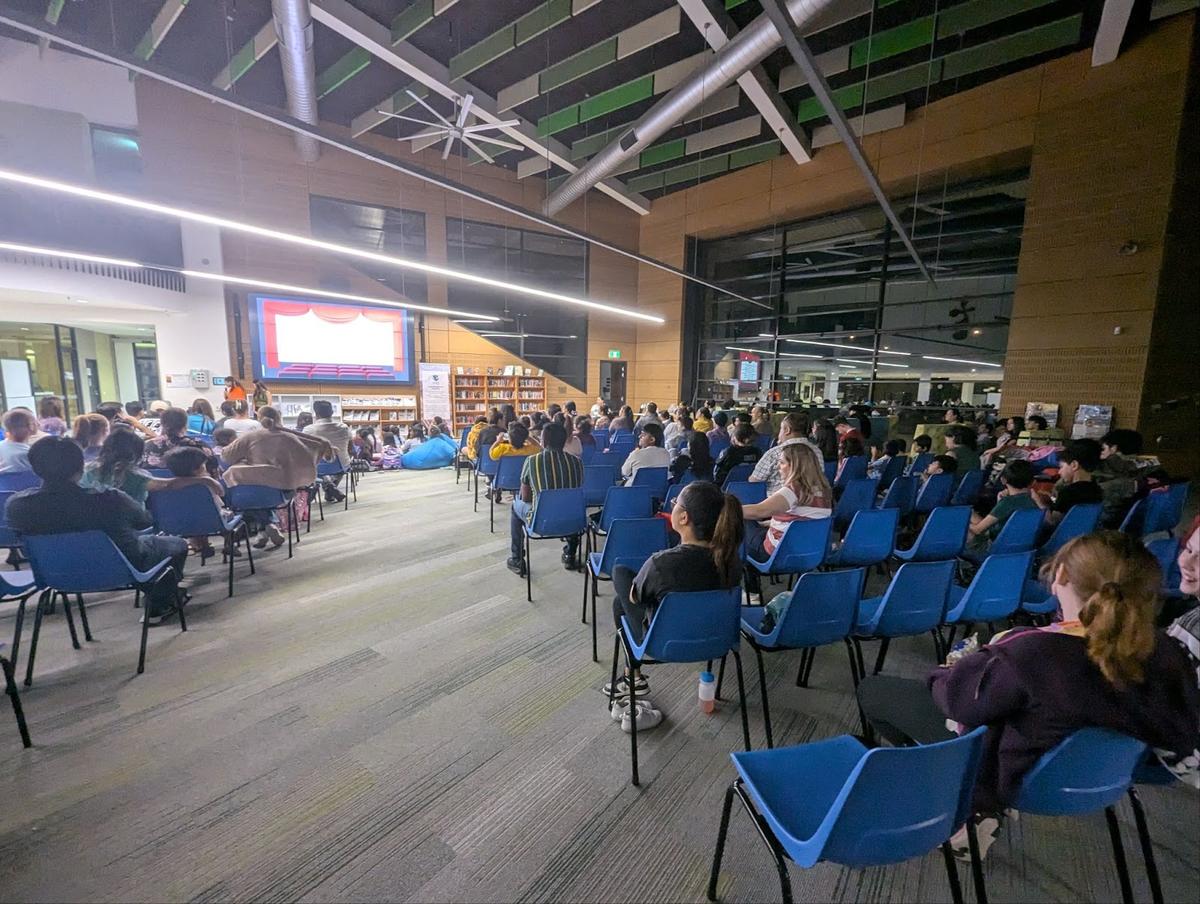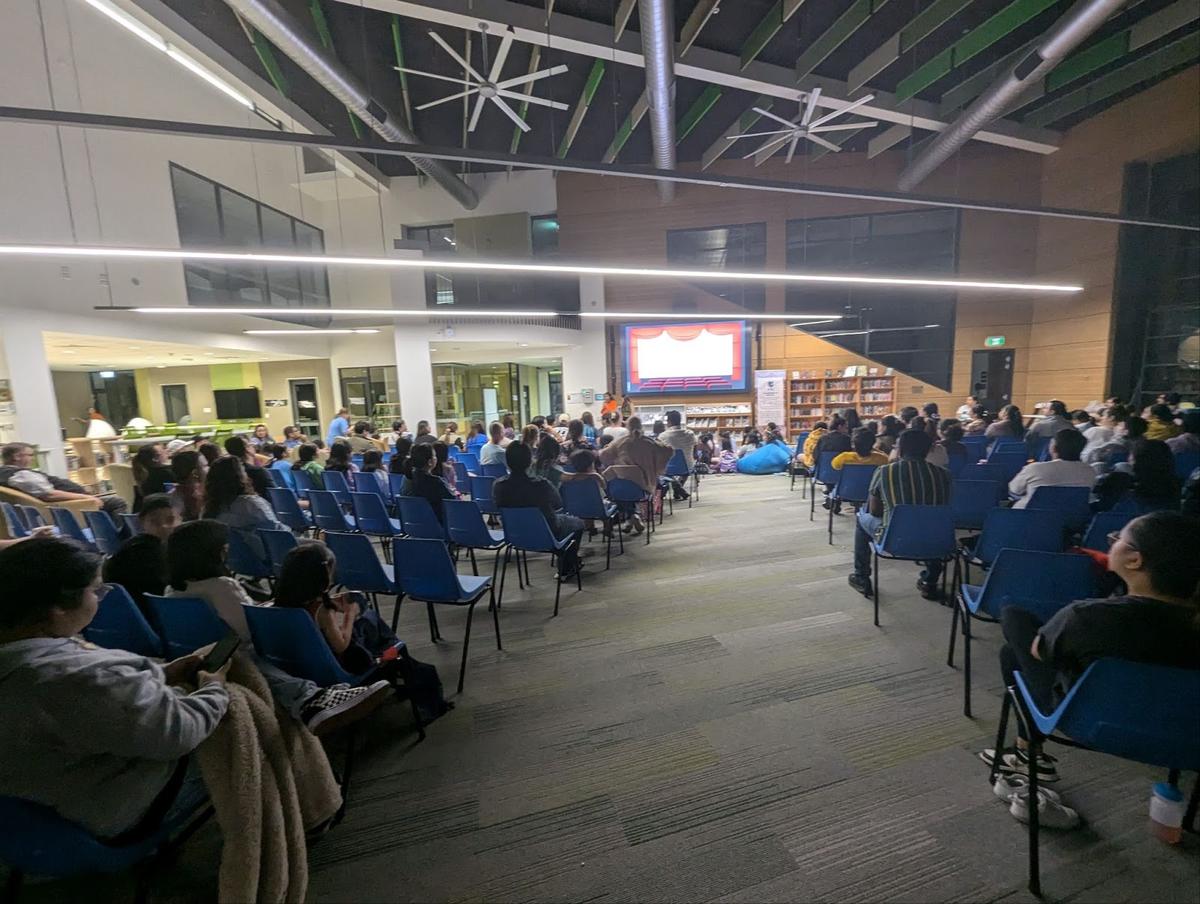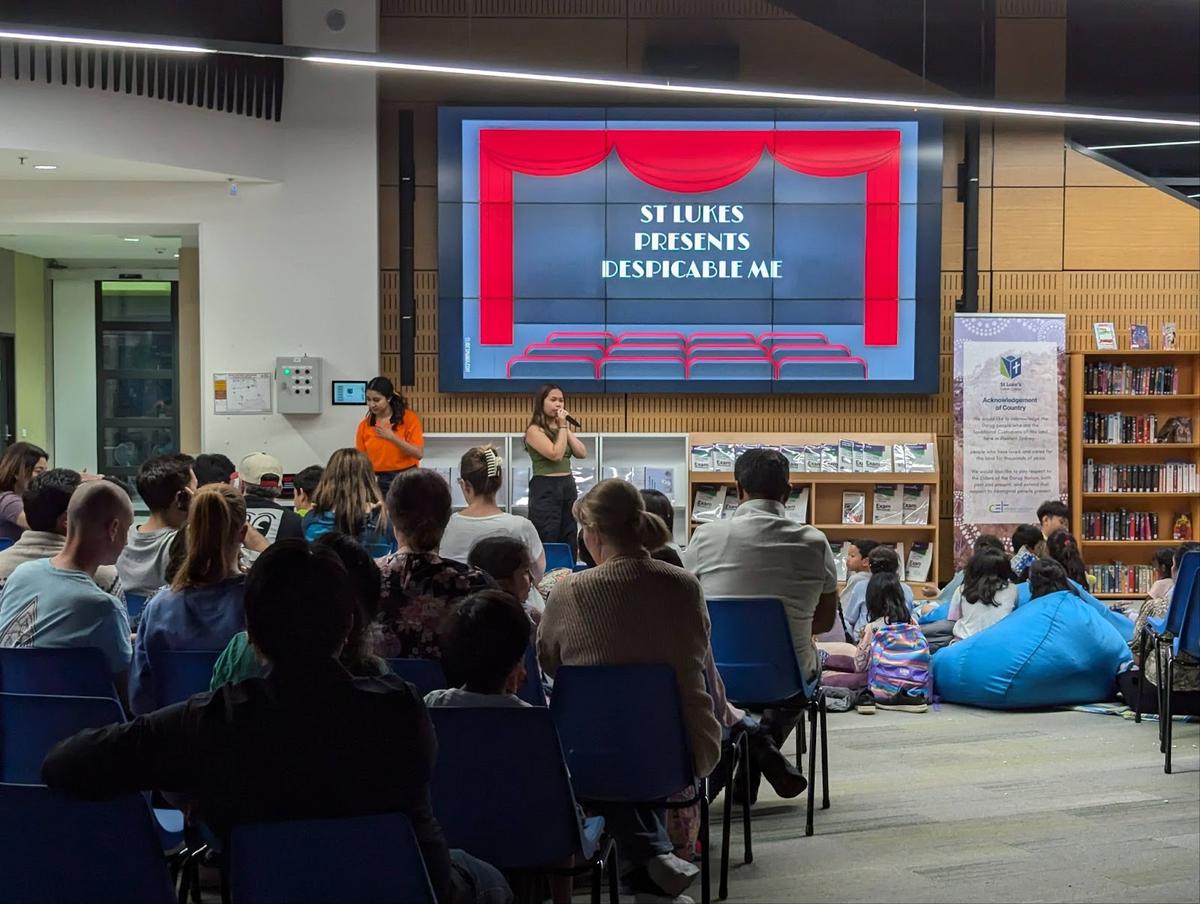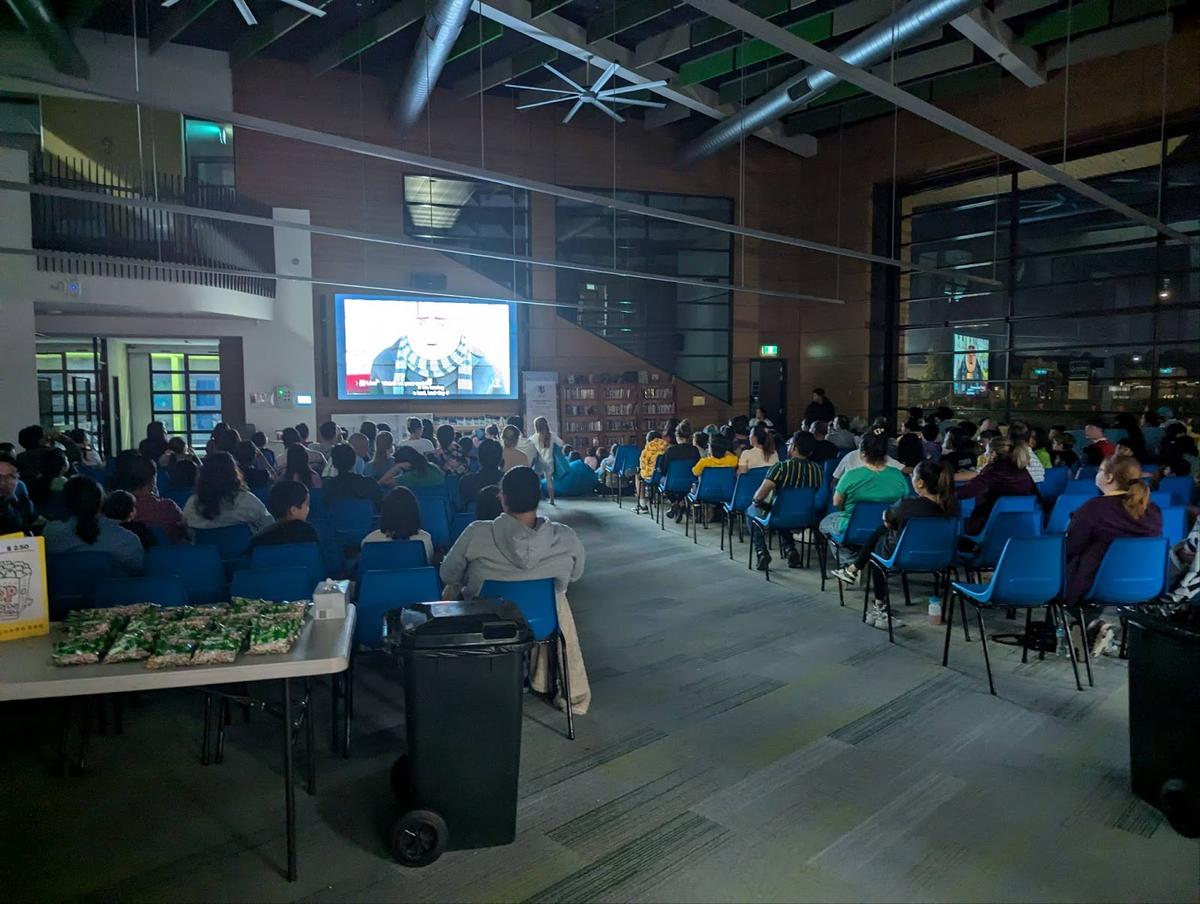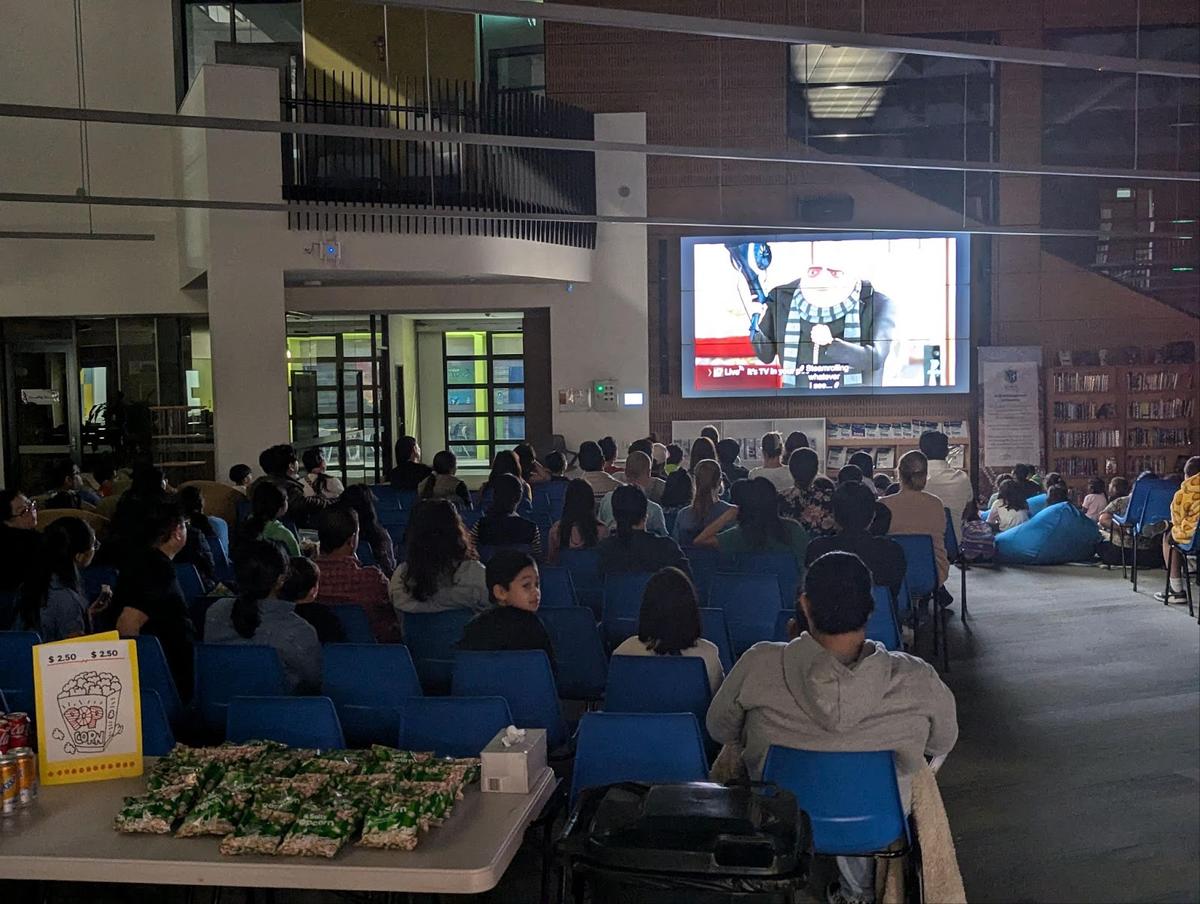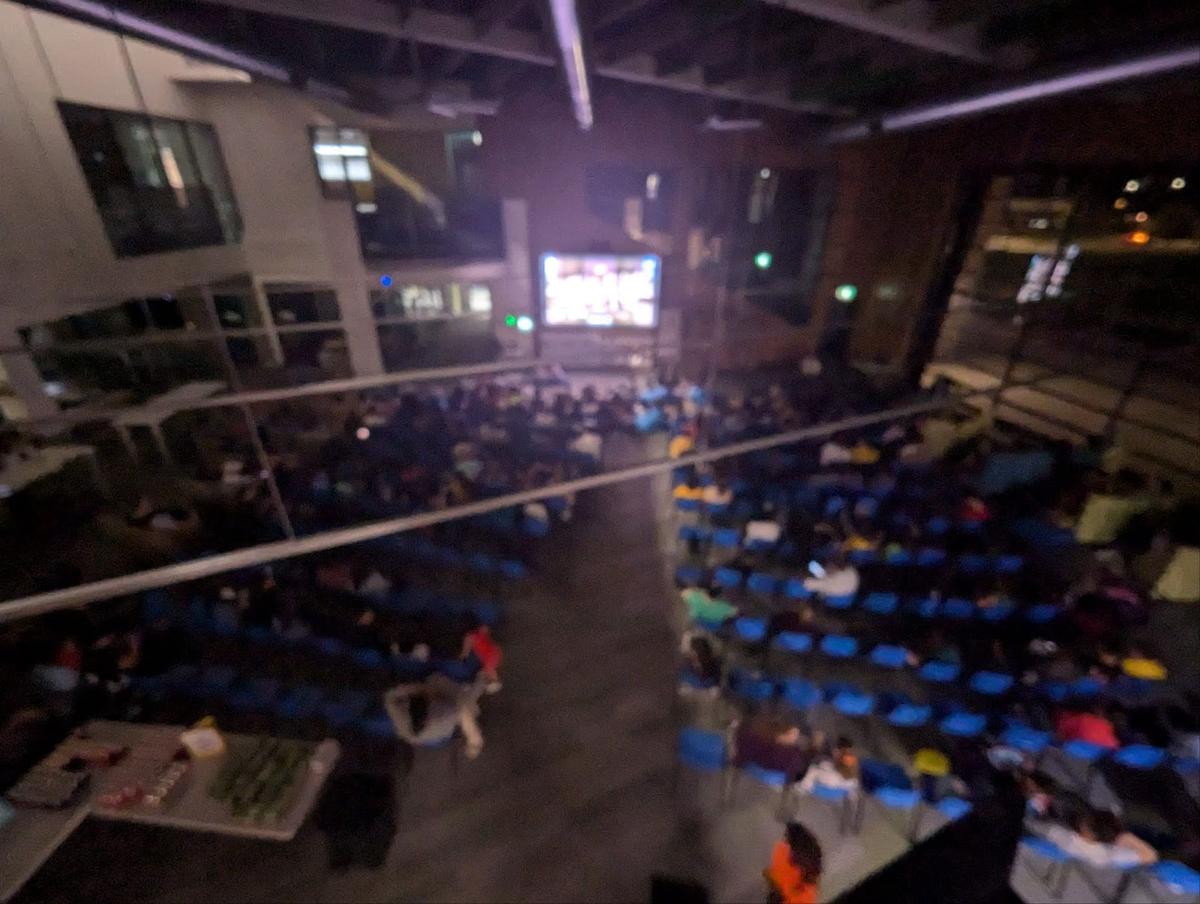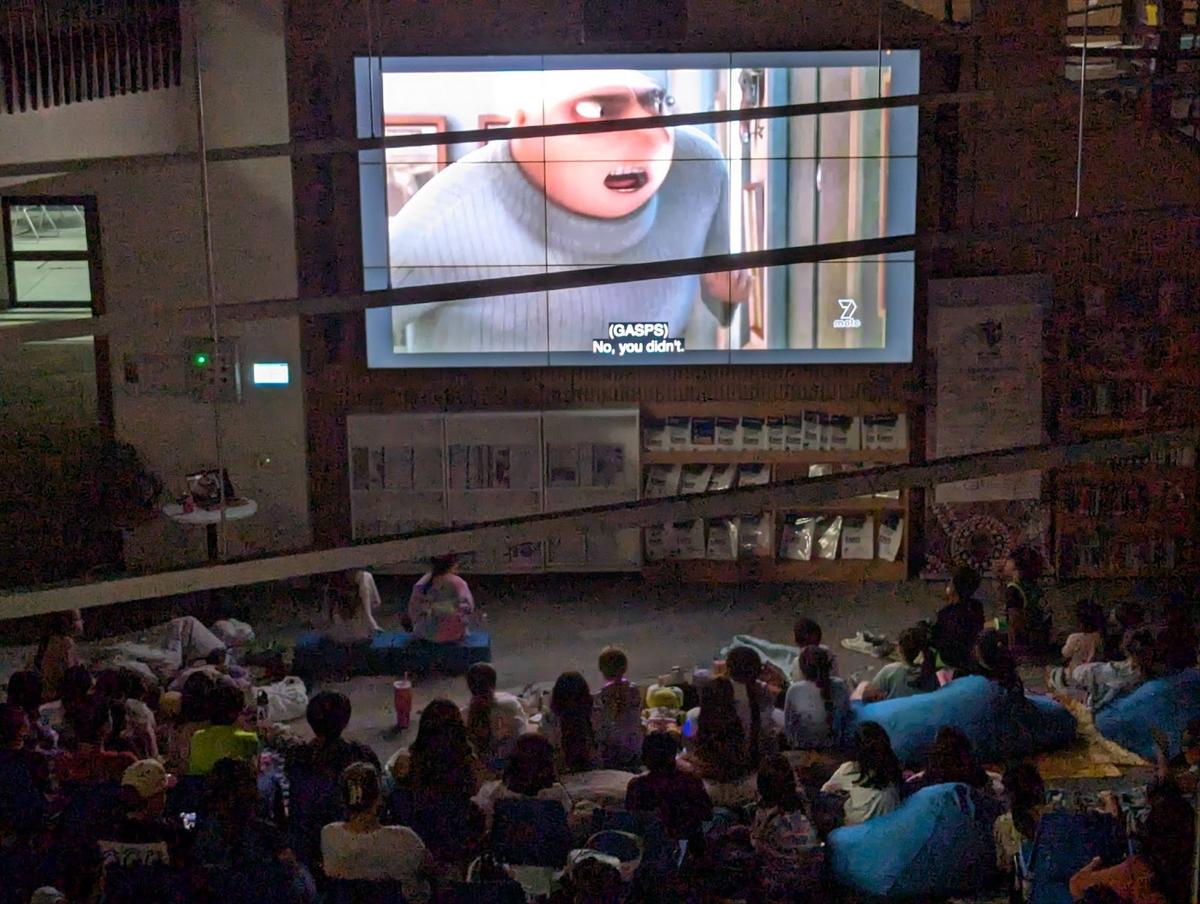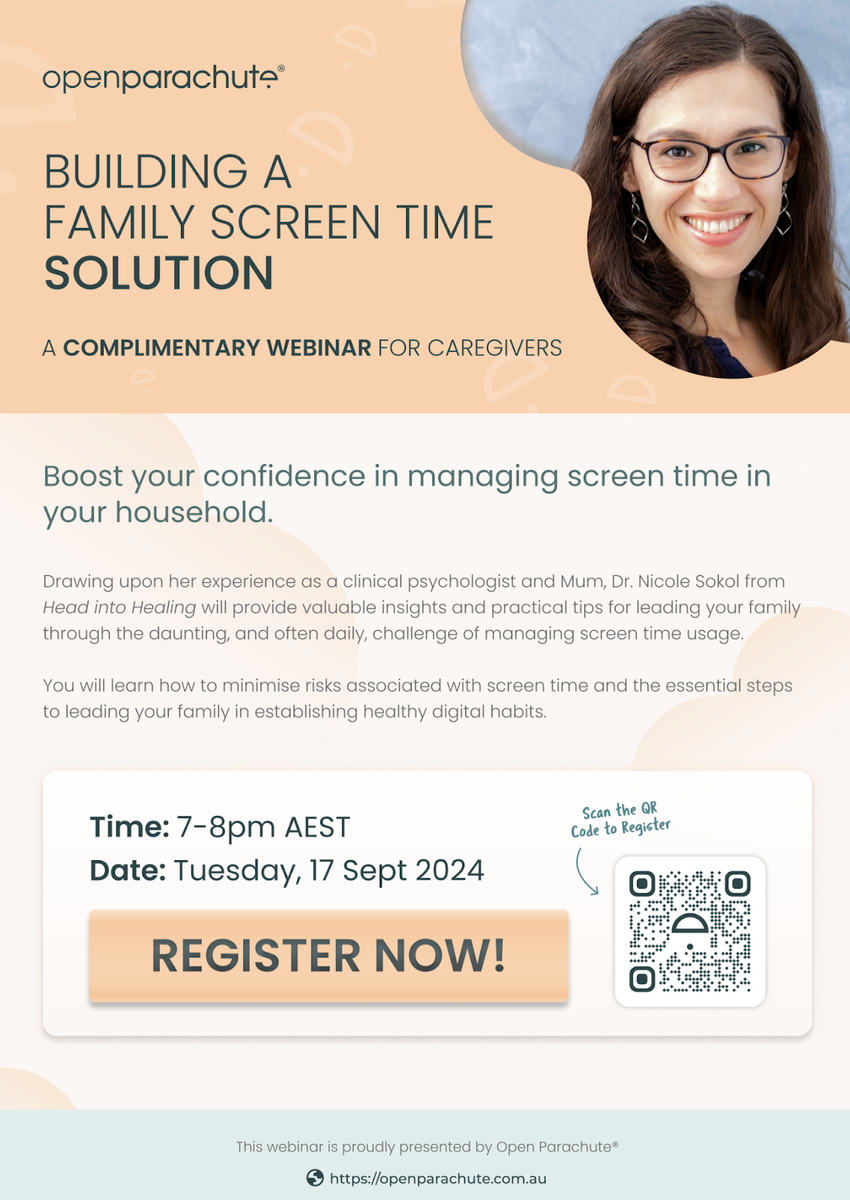Wellbeing
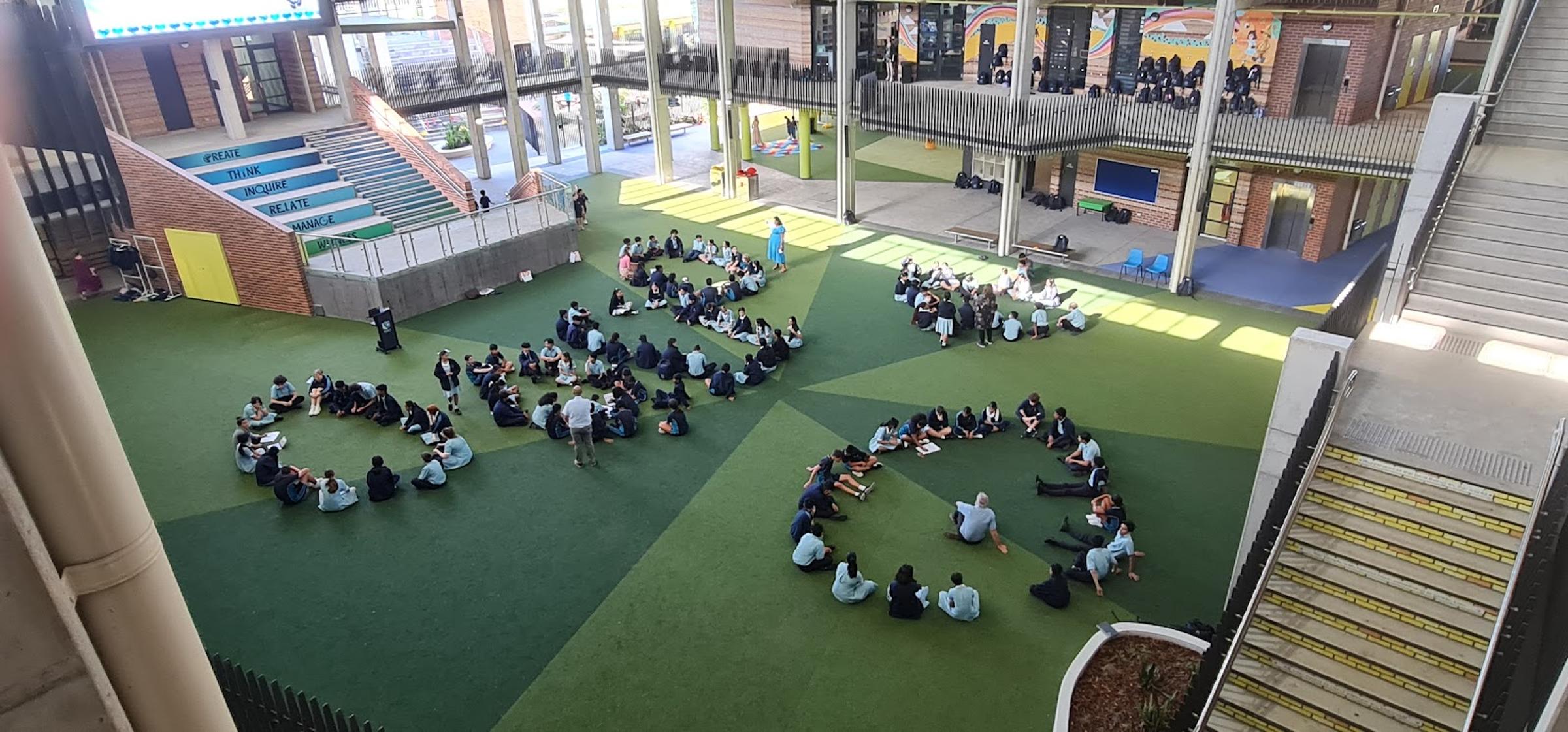
-12 Wellbeing
Importance of Attendance
School attendance plays a critical role in enhancing the lives of students in schools. Every day of attendance adds to a student's achievement and success at school. Schools in partnership with parents are responsible for promoting the regular attendance of students. Every Learner, Every Day!
- Link Between Attendance and Achievement: Regular school attendance is directly connected to academic success, as each day's learning builds on the previous day, making it harder to catch up when absent.
- Impact of Poor Attendance: Missing school affects not only learning but also the development of resilience, social connections, and healthy habits that benefit students in work and life.
- Absenteeism and Long-Term Effects: Even occasional absences can accumulate over time, leading to significant lost learning. Attendance patterns established early (by Year 1) are likely to continue, and regular attendance increases the likelihood of completing Year 12.
- Legal Obligations: Educational neglect is defined as missing 30 out of 100 days (70%) and must be reported by school staff under the Children and Young Persons (Care and Protection) Act 1998.
- Parent Responsibility: Parents are legally required to ensure their child attends school regularly. If a child is at risk of absenteeism, parents should address this with the school urgently.
- St Luke’s Approach: The school addresses attendance issues through collaborative monitoring and providing well-being support to students and parents, ensuring they feel supported in improving attendance.
Attendance Requirements
New requirements for student absence and travel:
- The College requests, where possible, that any appointments are made outside of school hours.
- Students are required to turn up to all classes on time. Failure to do so, without a satisfactory explanation or note from a teacher will be treated as truancy and parents will be contacted.
- 1-4 days absence: Parents must notify the College by note, mail, email or telephone or by responding to the SMS that is sent each morning with the reason for absence within 7 days of the child's absence from College.
Notes from parents are required:
- for any full-day absences (notes must include the date, reason for the absence and a signature)
- when a child needs to leave school early or arrives late (parents to sign student in/out)
- when a different person is collecting the child from school.
- A doctors certificate may be requested for any period of absence.
- It is imperative that all absences are explained. Absences will also be recorded in student reports, which include:
- Number of full day absences
- Number of unexplained absences
- Number of partial absences
- Comment relating to impact of absence or lateness upon learning if less than 90% attendance
- In the case of extended leave (5-49 days) parents are to request permission from the Principal in writing. If permission is granted an exemption from school form will be issued; if it is declined (not in the best interest of the child) a letter will be sent to parents by the Principal. Parents are to make contact with the College office to obtain relevant forms, 14 days before the leave takes place.
- If a student misses an assessment or examination they must provide a doctor’s certificate
- Where there is a concern regarding a child's attendance, parents may be contacted, a meeting will be held and an attendance plan will be established.
Year 7 and 8 Students Begin Consent Program During Wellbeing Wednesday
At St. Luke's, we are committed to equipping our students with essential life skills that promote respectful relationships and personal wellbeing. As part of this commitment, our Year 7 and 8 students have started a new program focused on understanding consent during their Wellbeing Wednesday sessions.
The decision to introduce conversations around consent at this stage is both timely and crucial. Consent is an important concept not only in terms of relationships but also in everyday interactions. Educating young students about it helps them recognise the importance of setting and respecting boundaries—both for themselves and others.
Why Is It Important to Talk About Consent with Young Students?
Introducing the concept of consent to young adolescents is vital because it lays the foundation for healthy, respectful interactions throughout life. During this stage, students are beginning to navigate more complex social dynamics, and understanding consent empowers them to make informed decisions and communicate clearly in all relationships.
By teaching consent early, we:
- Promote Respect: Students learn to respect others' boundaries and communicate their own, building a culture of mutual respect.
- Prevent Misunderstandings: Young people gain clarity on the importance of clear and explicit permission in all interactions, reducing the likelihood of miscommunication.
- Develop Essential Life Skills: The ability to ask for and give consent, and to recognize when it is or isn't present, is an invaluable life skill that applies to various situations—from friendships to digital interactions, and later in life, romantic relationships.
Supporting Conversations at Home
We recognise that conversations around consent can sometimes feel daunting for parents. To help, we encourage families to explore our SchoolTV resource, which offers expert guidance on discussing consent with children. Parents can access this support through the following link:
Special Report: A Conversation on Consent
By starting these conversations early, both at school and at home, we help our students develop into confident individuals who understand the significance of consent in all relationships, fostering a community built on respect and integrity.
https://stlukesmarsdenpark.catholic.schooltv.me/wellbeing_news/special-report-conversation-consent
The Kindergarten to Year 4 students have recently visited the Life Education bus to learn valuable social skills as part of the Healthy Harold program. This program is dedicated to equipping children with the essential tools they need to develop emotional and social intelligence, fostering their ability to thrive in relationships and cope with challenges as they grow.
The Healthy Harold Program:
The program, delivered by Life Education, is centered around enhancing students' emotional well-being and equipping them with life skills that can help them navigate various social and emotional situations. It recognises that developing these skills early is crucial, as research shows that around 50% of adult mental illness begins before the age of 14. By teaching these skills in the early stages of a child's development, the program aims to reduce the risk of mental health challenges later in life.
Alarmingly, one in ten young people aged 12-17 will self-harm, one in 13 will seriously consider a suicide attempt, and one in 40 will attempt suicide. Given these statistics, it's more important than ever to equip children with the skills and resilience they need to manage their emotions and maintain their mental health.
What they Teach:
- Self-awareness:
- Emotional literacy
- Identifying personal strengths
- Developing resilience
- Self-management:
- Emotional regulation
- Managing stress
- Positive self-talk
- Social awareness:
- Developing empathy
- Understanding social norms
- Appreciating diversity
- Respectful relationships:
- Friendships
- Assertive communication
- Conflict resolution
- Resisting peer influence and pressure
- Consent
- Seeking and offering support
- Digital citizenship
Through these lessons, students not only learn to manage their emotions but also develop healthy and respectful relationships, preparing them for a brighter, healthier future.
Show Your Colours Day: A Celebration of Spirit, Culture, and Community
Last week, our school community came together for "Show Your Colours Day," a special event designed to support both the mission of our school and strengthen the culture of our house system. Students arrived in vibrant displays of loyalty—whether donning the colors of their favorite sporting teams or proudly showcasing their house colors.
The day was packed with excitement, with recess and lunch buzzing with house activities like captain ball and tunnel ball. The atmosphere was filled with cheers, laughter, and a true sense of camaraderie as students gave their all in the name of house pride.
However, the highlight of the day was the inter-house "goalball" competition. This wasn’t your ordinary game of soccer. The footballs used during this competition were not store-bought; they were made by our very own students as part of their work with the Catholic mission. These handmade footballs symbolised the resilience and creativity of millions of soccer fans around the world. In many countries, soccer—referred to as football globally—is played by hundreds of millions of people, yet a large portion of these enthusiasts cannot afford to buy a real soccer ball. Instead, they craft their own from everyday materials like socks, rubber bands, plastic bags, strips of cloth, and string.
Our students embraced this challenge and produced their own makeshift footballs, gaining a deeper understanding of the global community and the simple joys shared by people around the world. These DIY footballs may not have been perfect, but they carried a powerful message of resourcefulness, unity, and joy. The sight of our students playing "goalball" with these handmade creations was truly inspiring.
"Show Your Colours Day" was more than just a fun event; it was an embodiment of our mission to connect, serve, and foster a sense of belonging within our school community. It was a day where our students not only showed their house spirit but also engaged with a meaningful cause that extends beyond our school grounds.
Thank you to everyone who made this day a success including Mrs Ferguson and the MacKillop house leaders.
SPECIAL REPORT: R U OK?Day
Understanding the growing challenges related to mental health among young people is an important consideration. Anxiety, depression and self-harm - are all causes for concern. Factors like academic pressure, social media, family dynamics, and societal expectations, are contributing to these issues. It's therefore crucial for parents and caregivers to take action early, remove the stigma around discussing mental health, and offer accessible support to address these issues and the wellbeing of their children.
R U OK?Day is an initiative that focuses on preventing suicide by encouraging meaningful personal connections and helping informal support networks to help recognise the signs of distress. We urge all families to take part, emphasising the value of genuine human relationships and reminding everyone to ask the important question, "Are you OK?"
Engaging in R U OK?Day activities goes beyond the classroom; it's a commitment to our students' overall development. By talking openly about mental health, schools create safe spaces where students feel understood, valued, and supported. As parents and caregivers, you can contribute by fostering open conversations, normalising feelings and breaking down mental health stigmas. Participating in R U OK?Day promotes compassion and shows our dedication to the wellbeing of the entire school community, reaffirming that together, we can truly make a difference.
This Special Report provides guidance on how to talk to your child about mental health and engage in meaningful discussions.
Here is the link to your Special Report https://stlukesmarsdenpark.catholic.schooltv.me/wellbeing_news/special-report-r-u-ok-day
A Magical Movie Night Brings Our School Community Together
We are excited to share that our recent movie night was a tremendous success! It was a fantastic evening that brought our school community together for some fun and relaxation. The atmosphere was filled with excitement as families, students, and staff gathered to enjoy the featured film and spend time together.
We extend a special thanks to the wonderful students and parents who helped make the night run smoothly. A heartfelt thank you to Jocelina, Althea, Isaiah, Rosary, Jayke, Elijah, Rishika, and the Garcia family, along with Jordan, Jacob, Margaret, and Nathan, for their incredible support and hard work. Your efforts contributed to a memorable evening for everyone involved.
We look forward to more events like this, where we can continue to strengthen the bonds within our community!
Use the QR Code or register at this link: https://buff.ly/3z7CMCP
